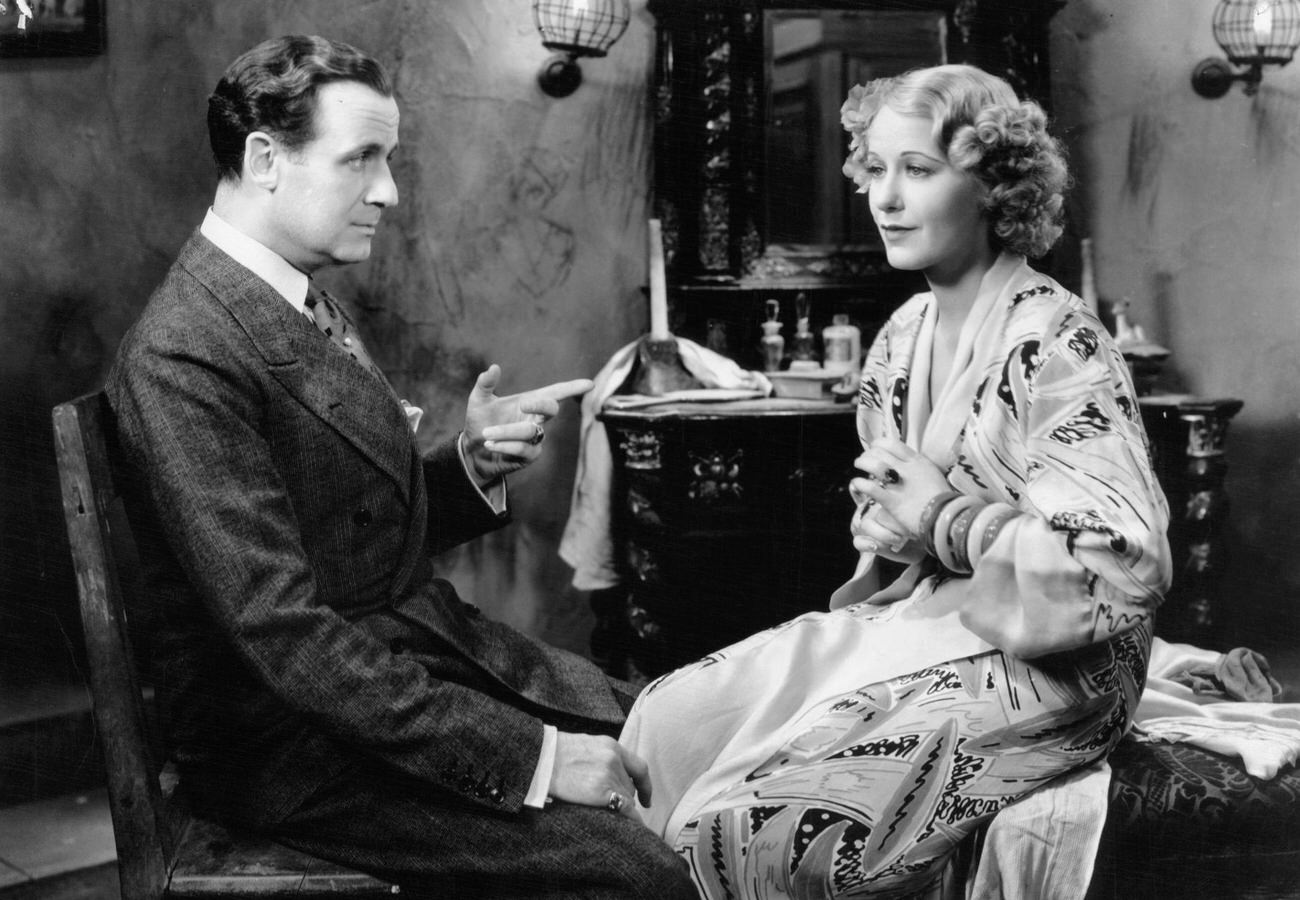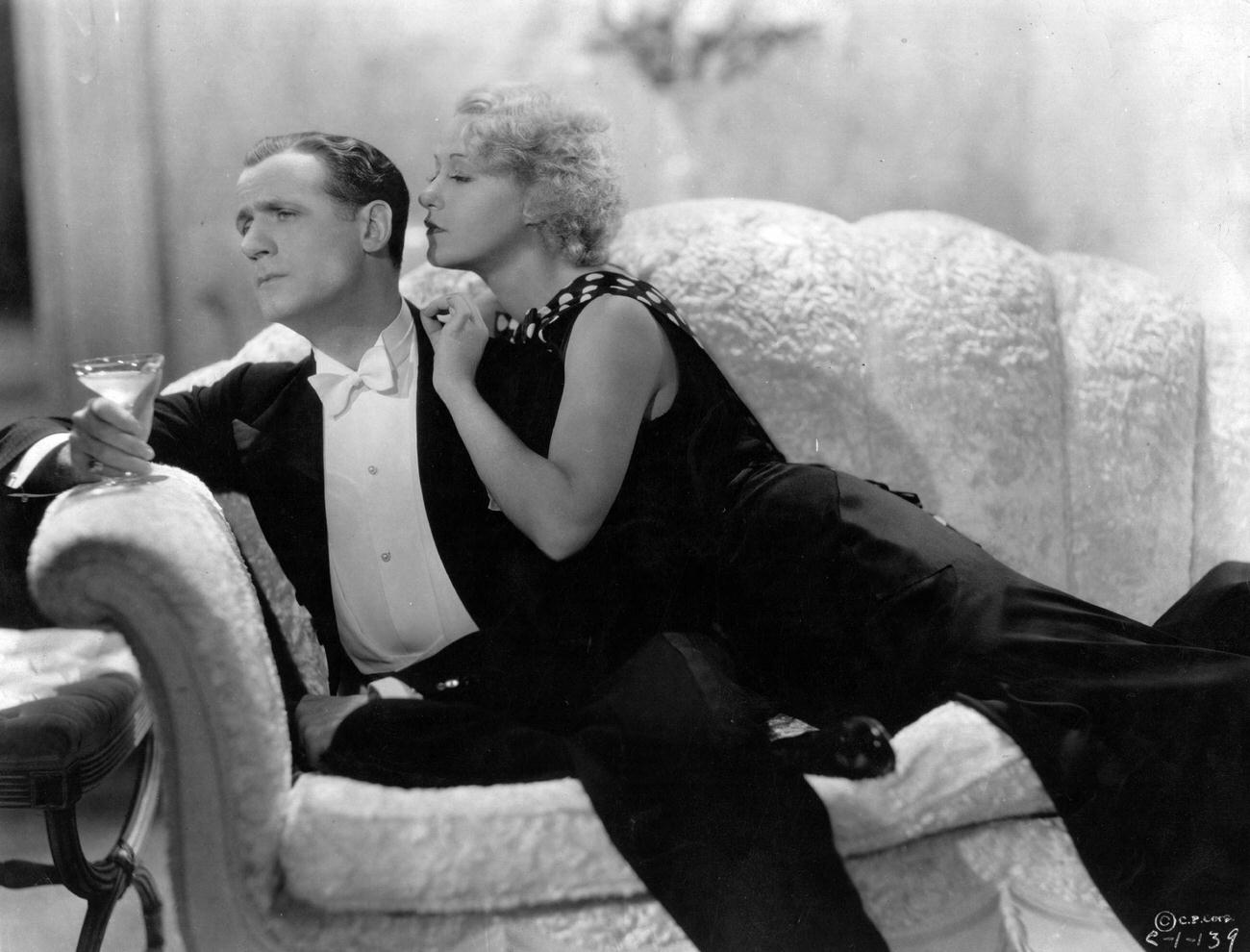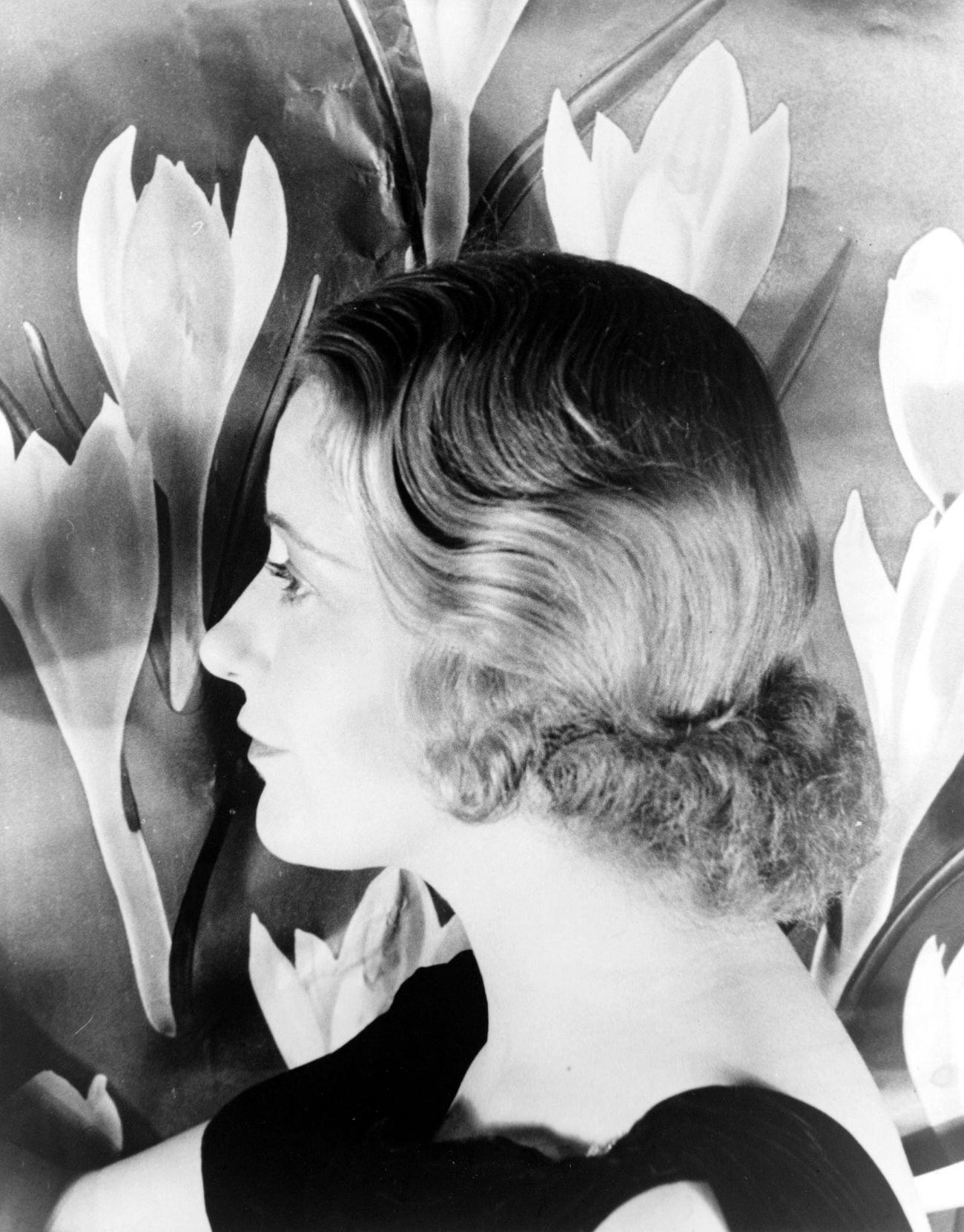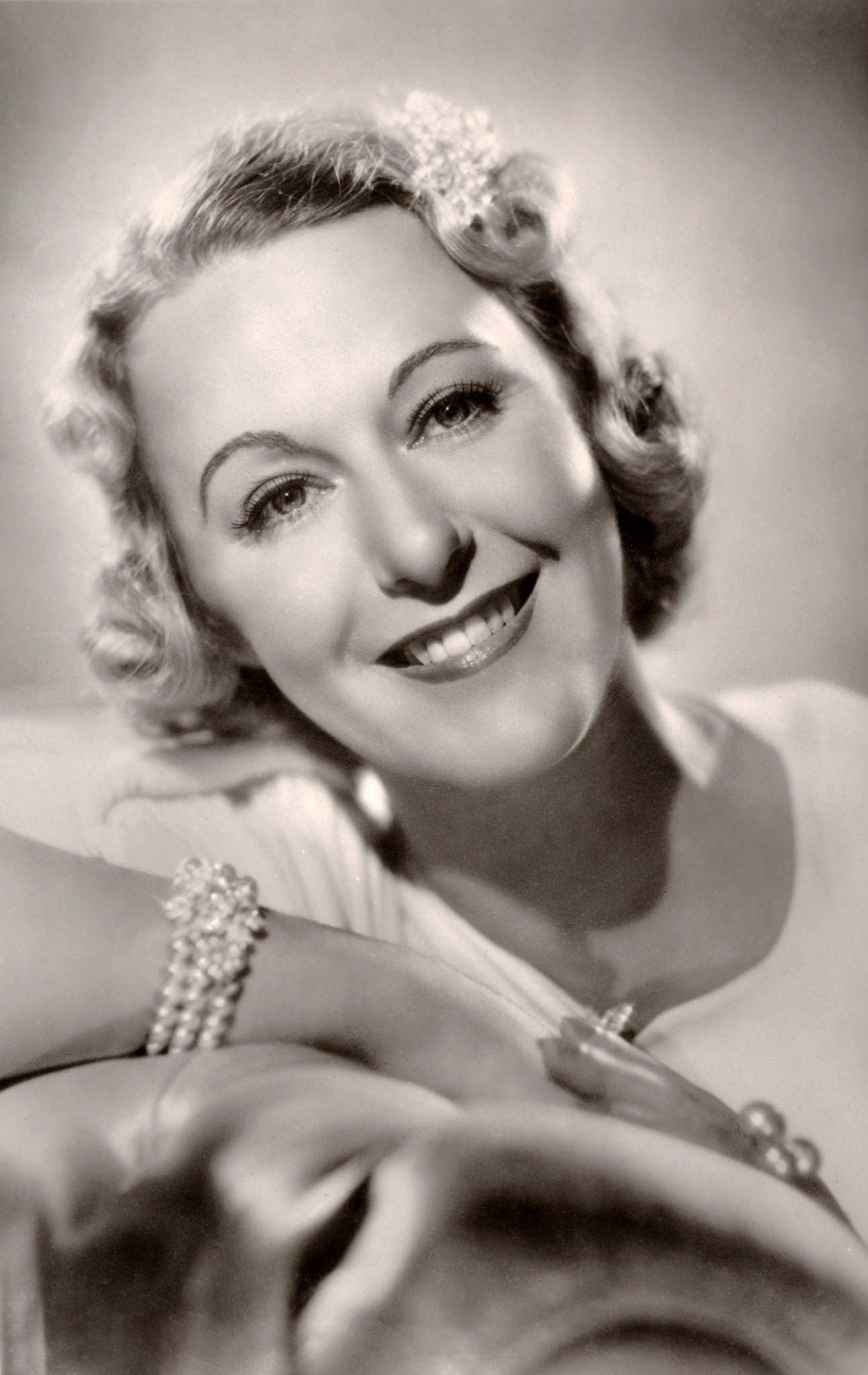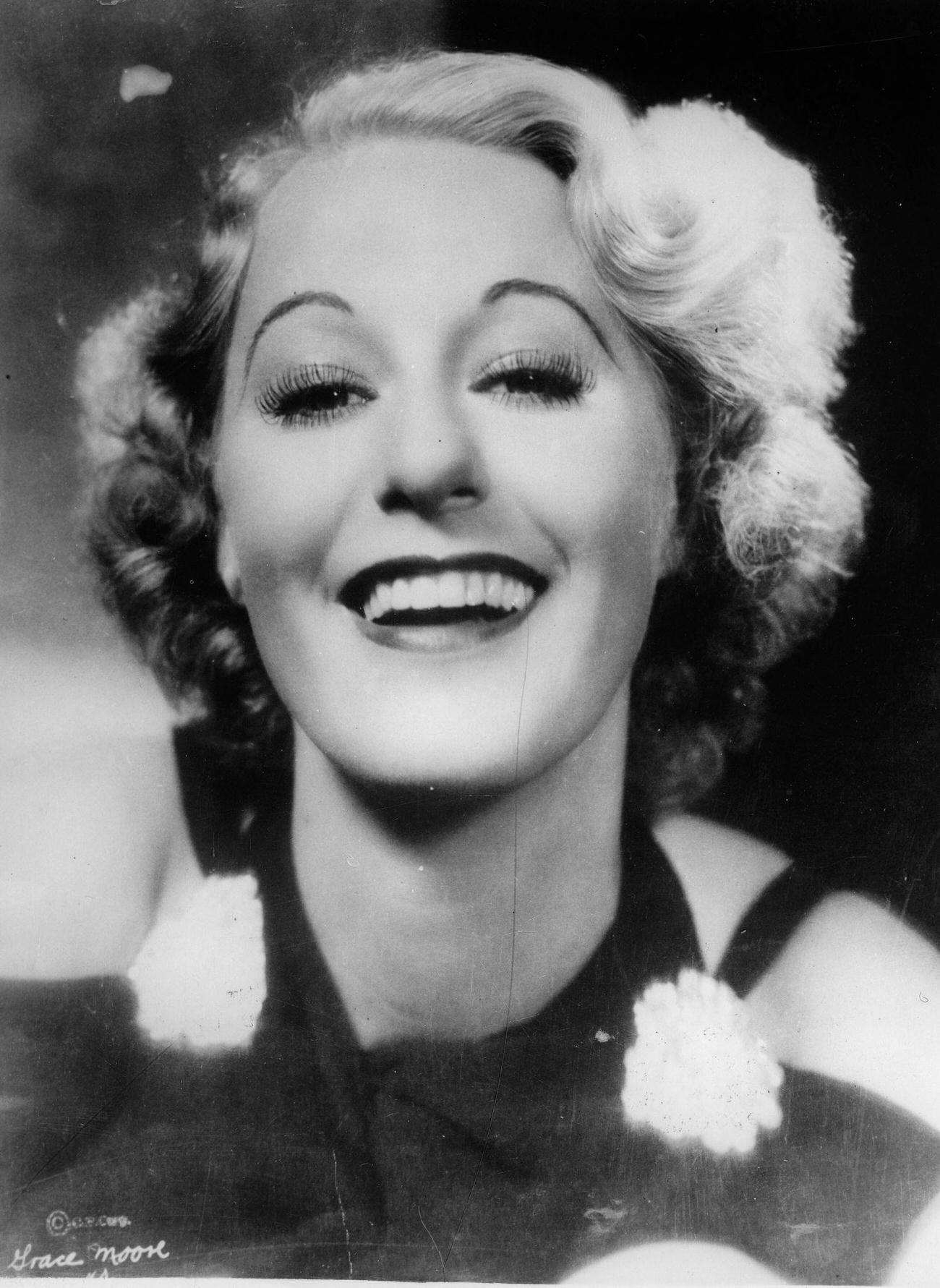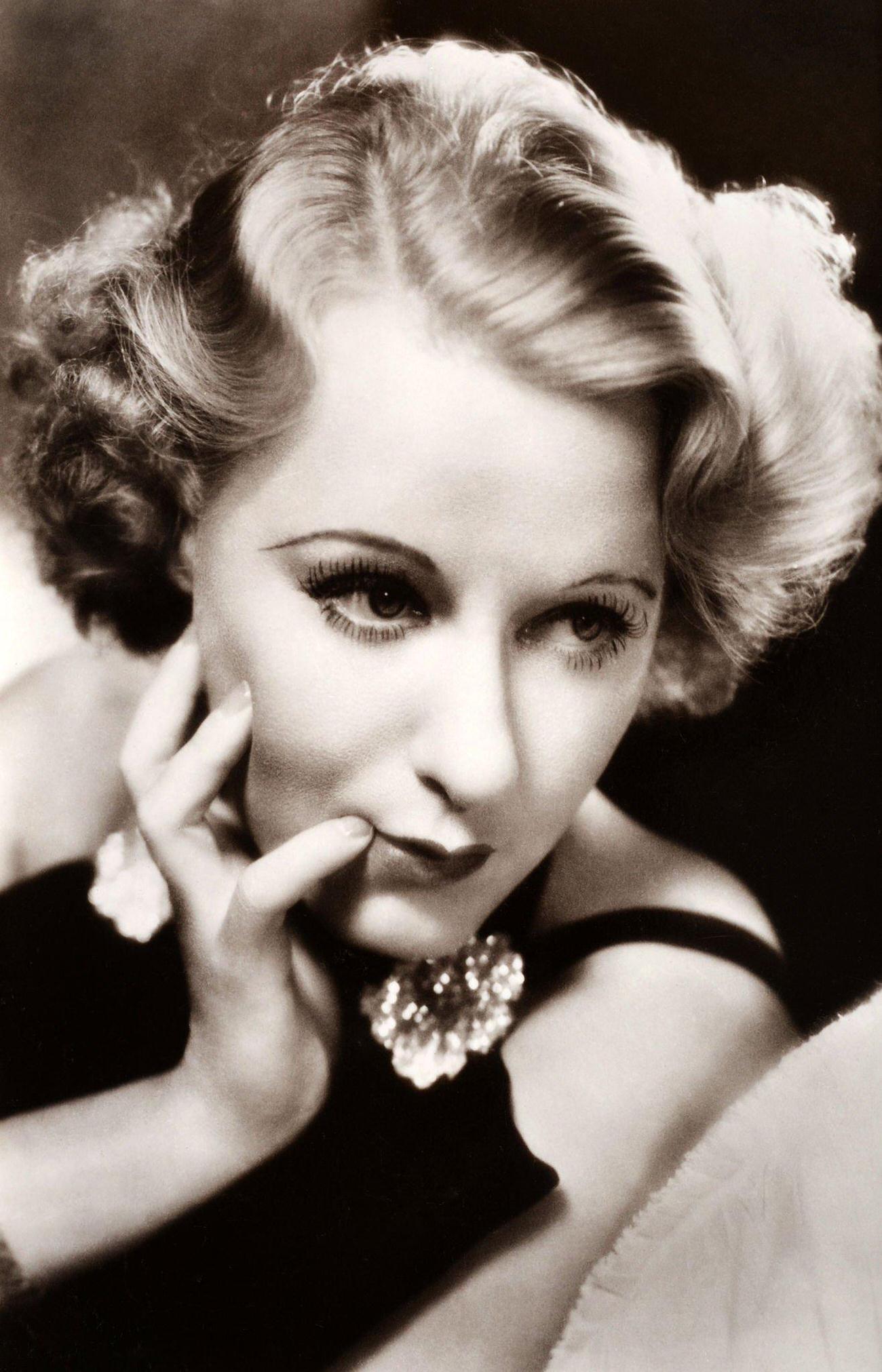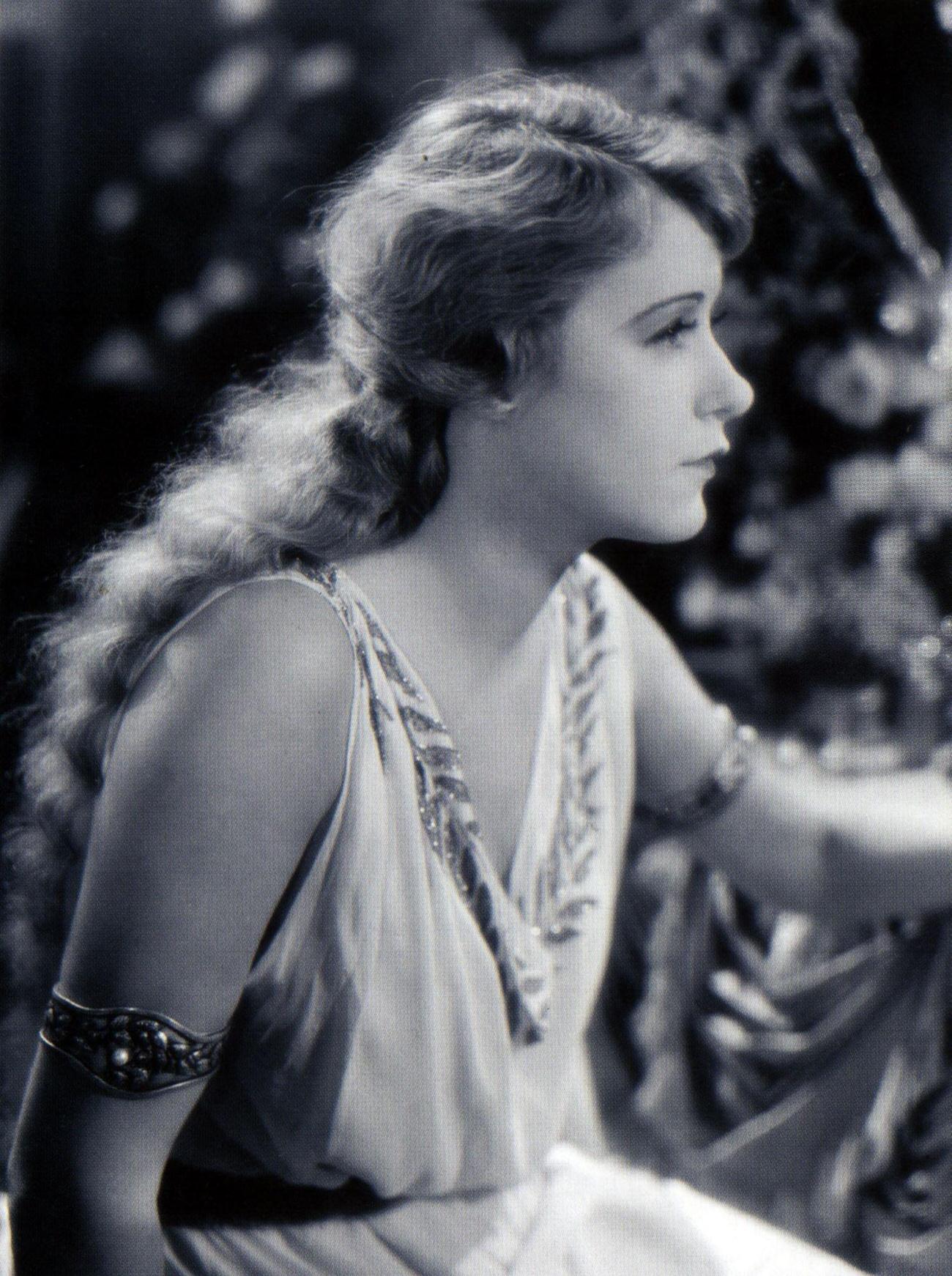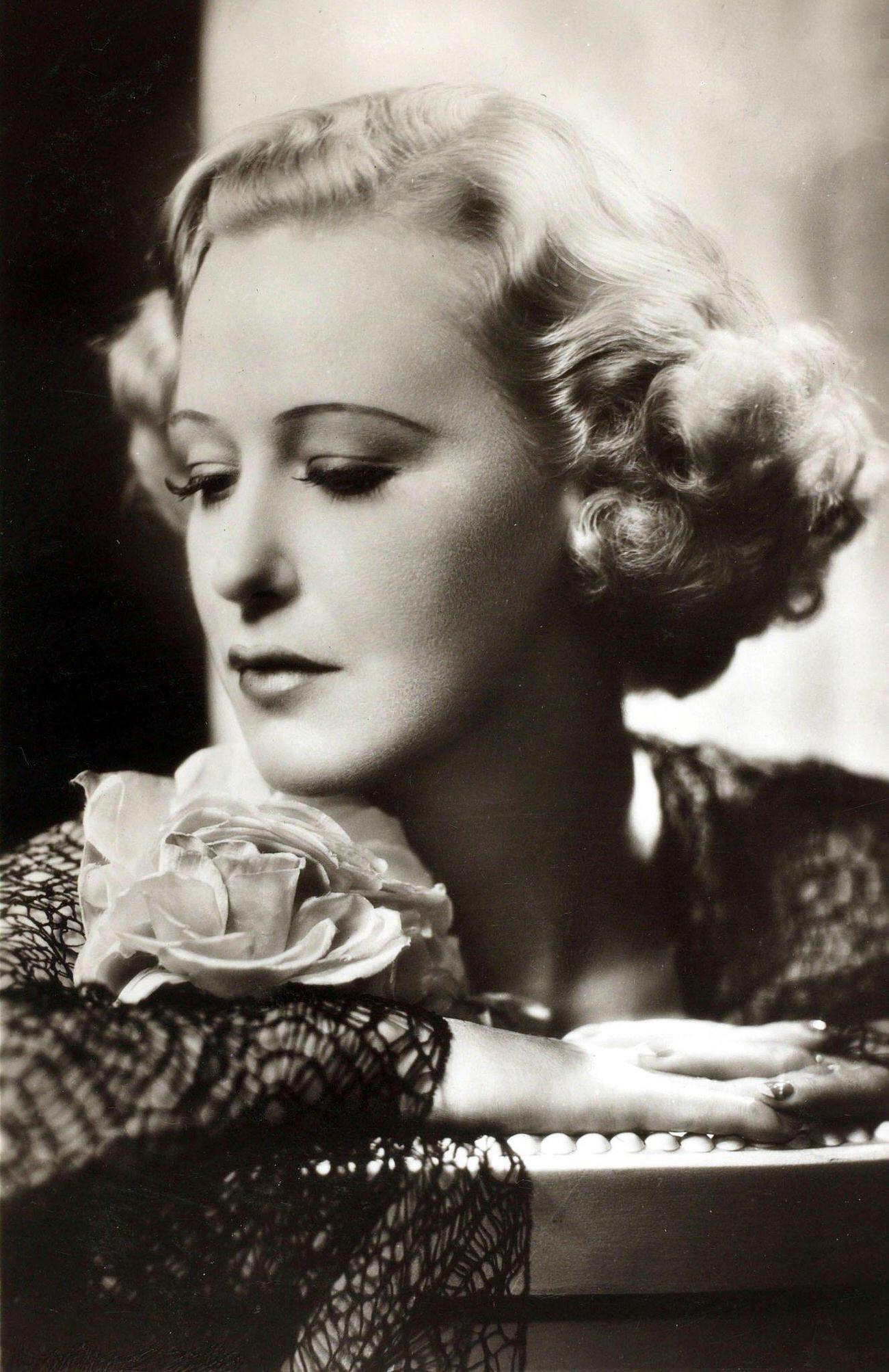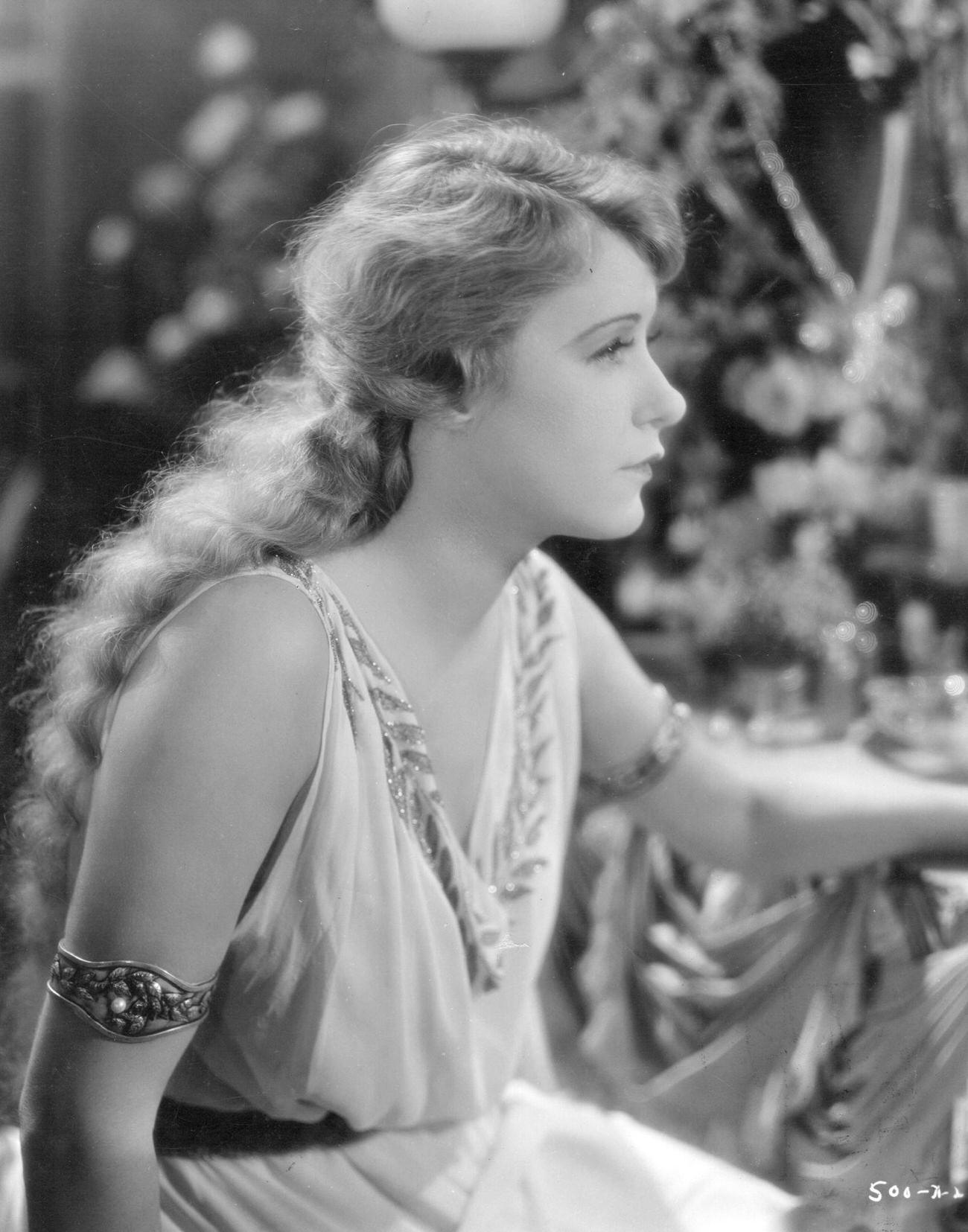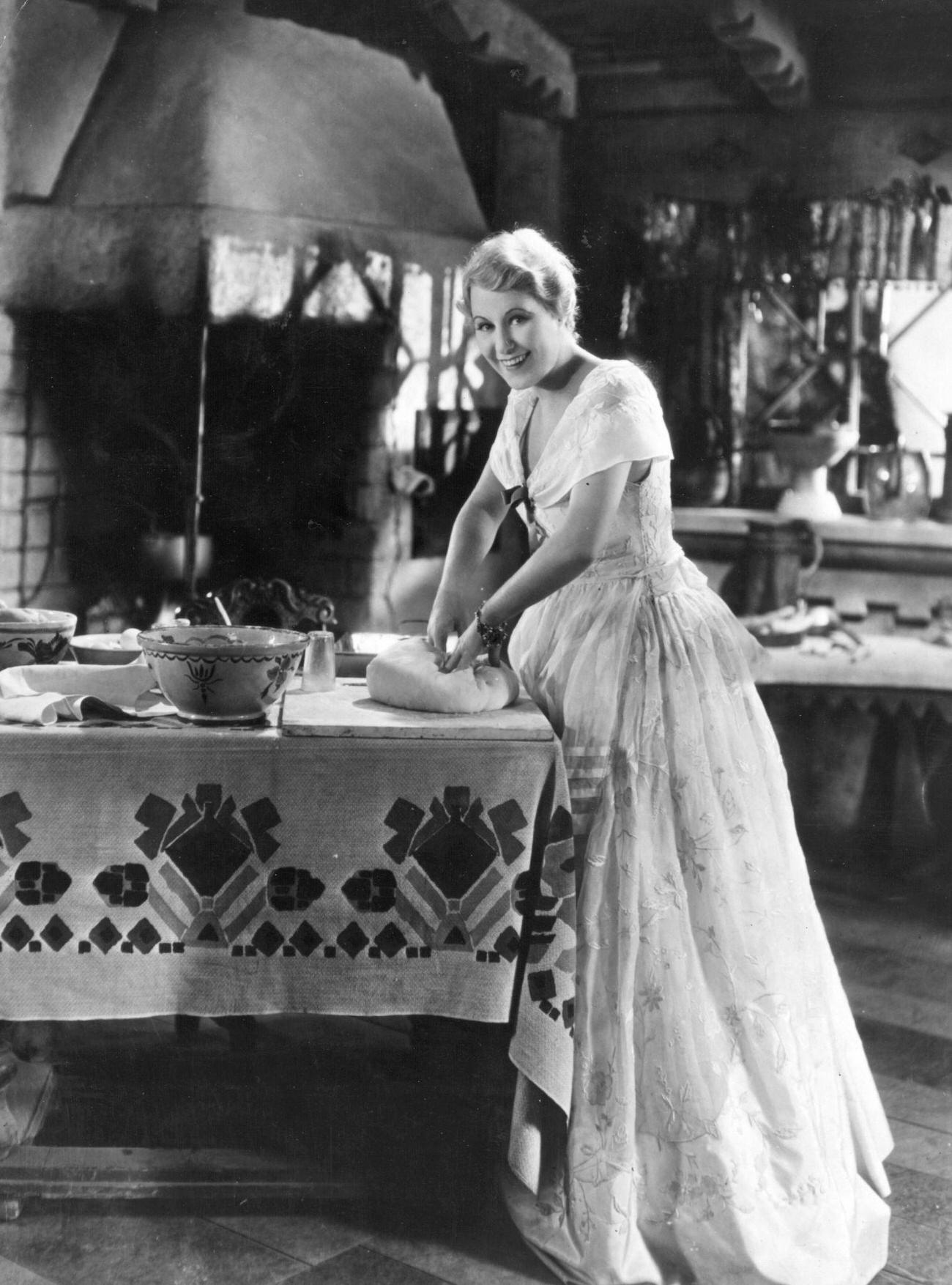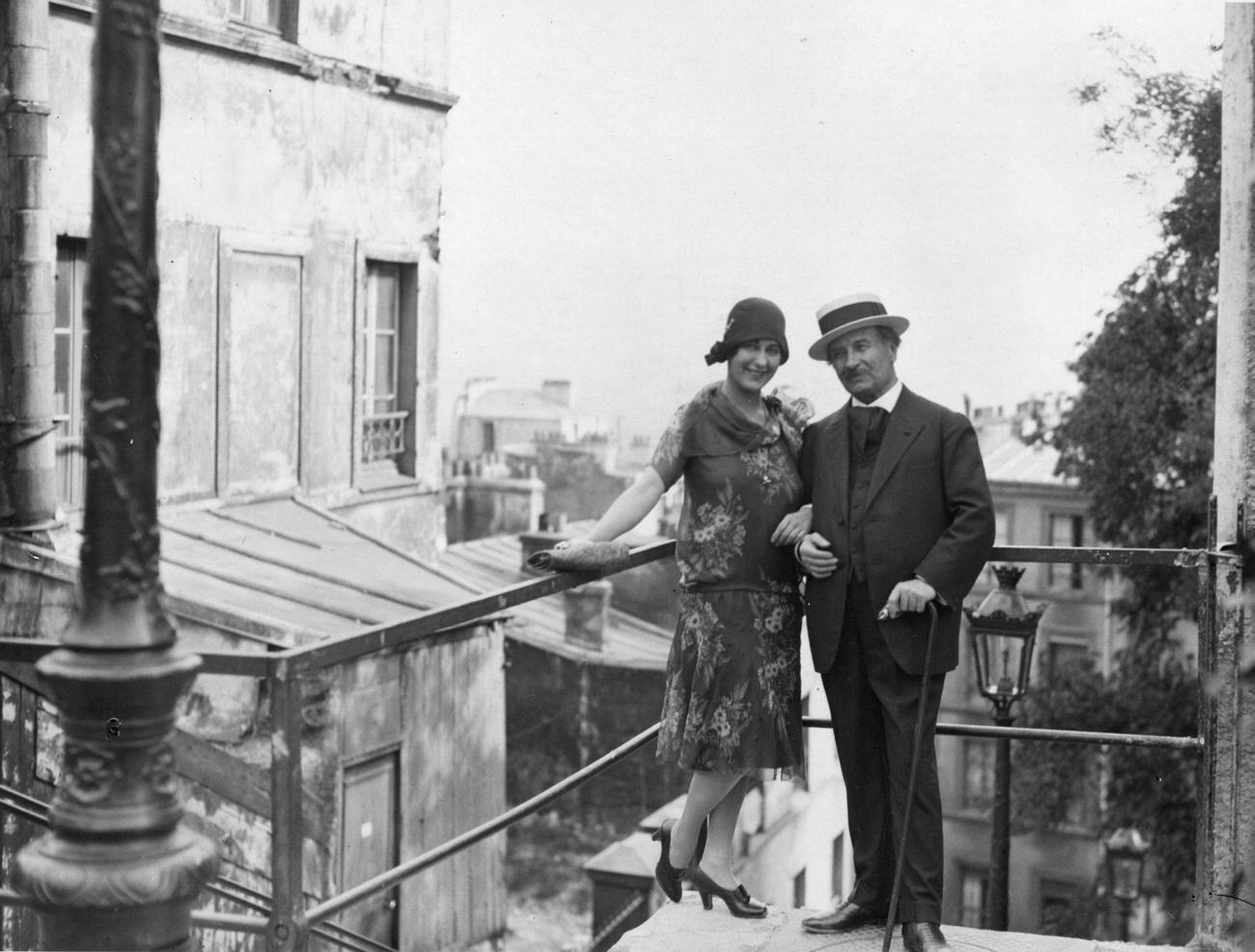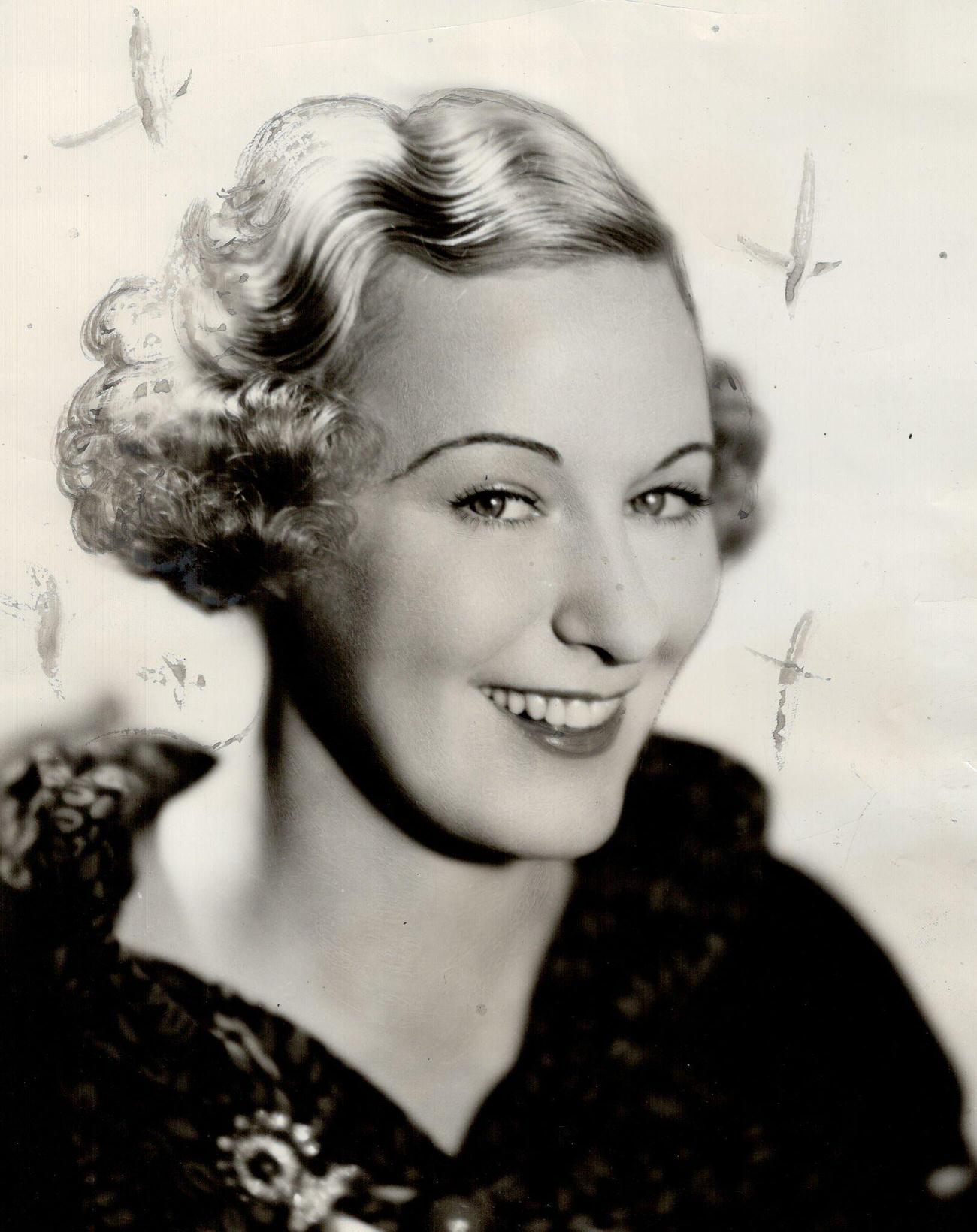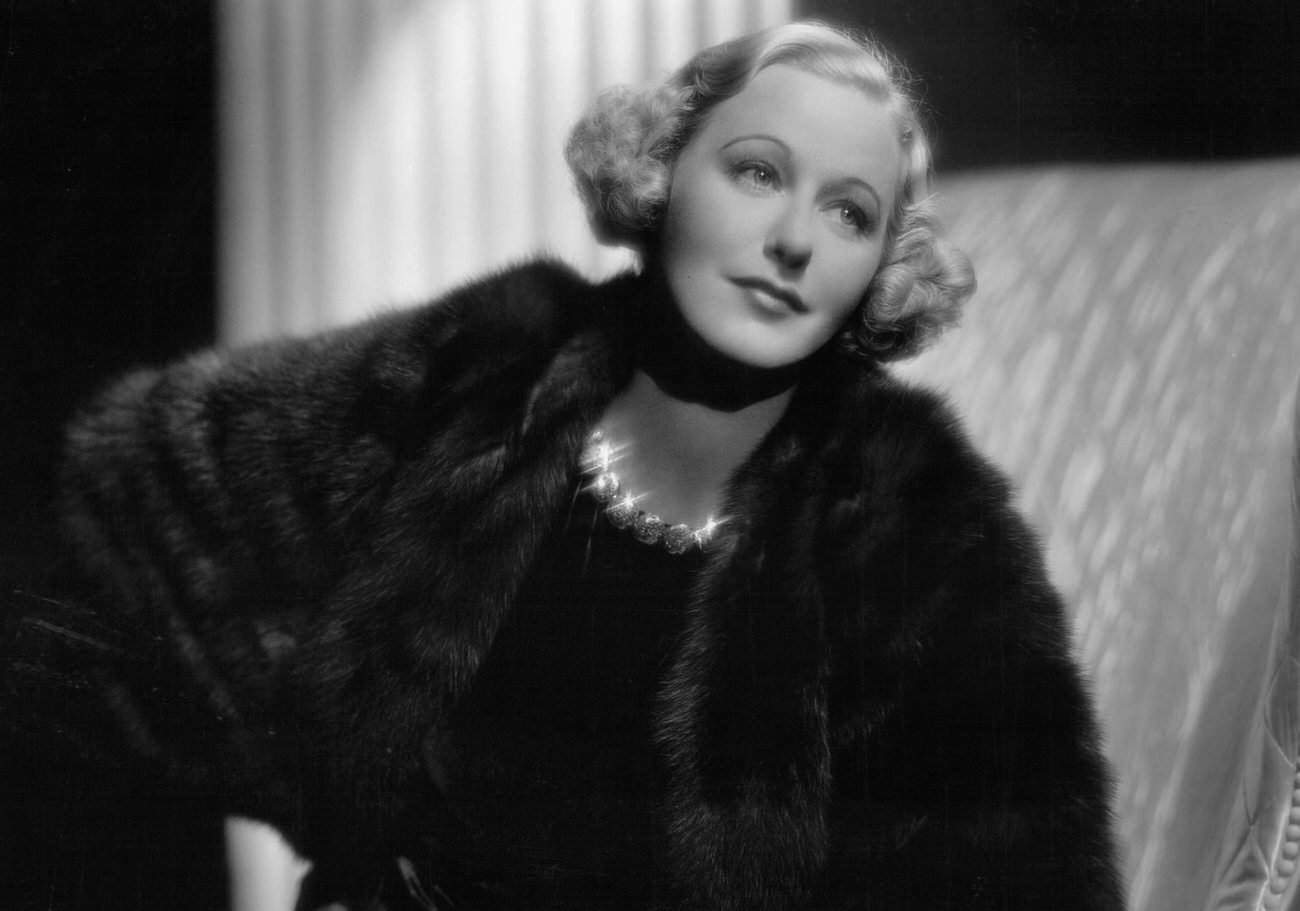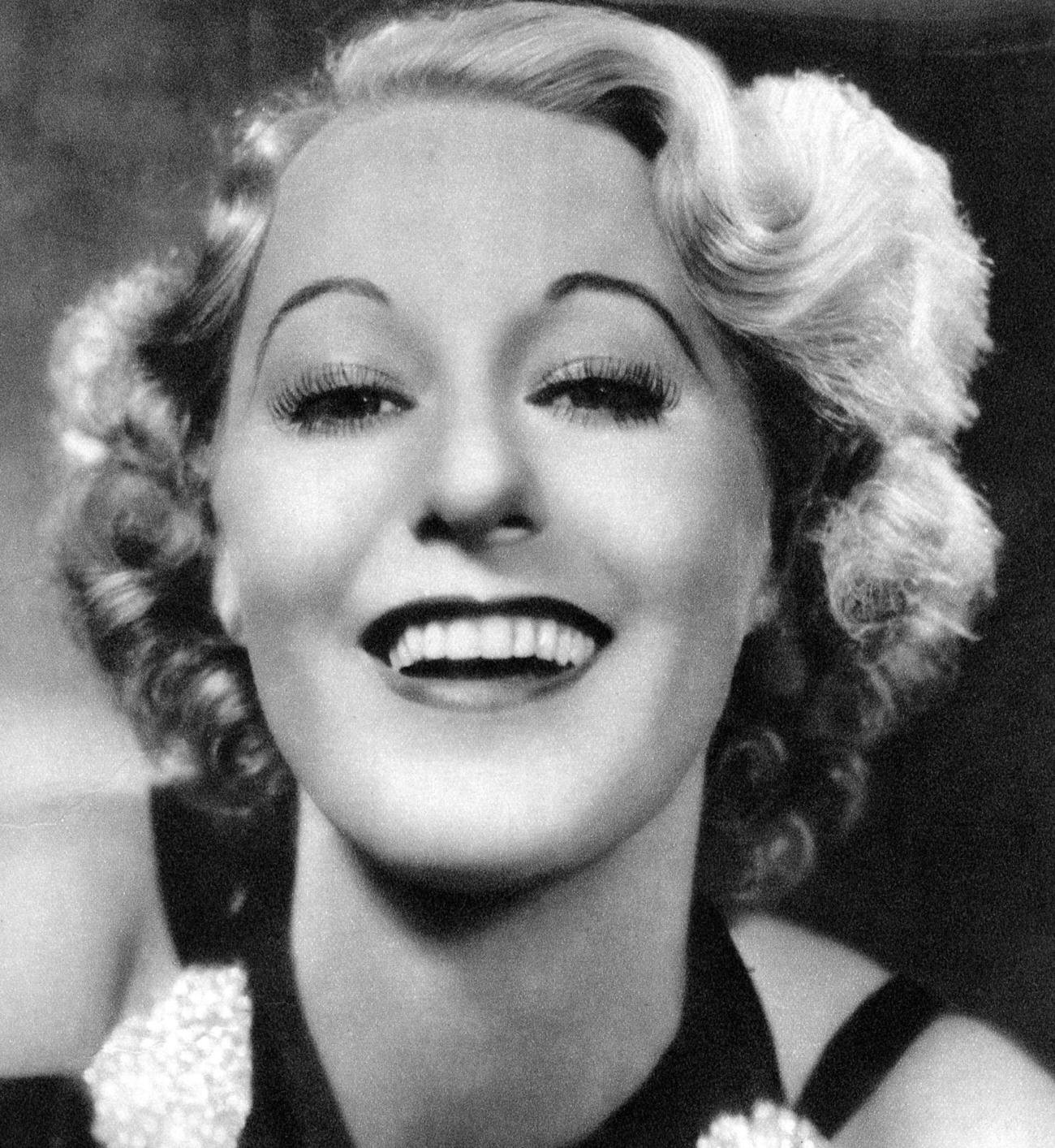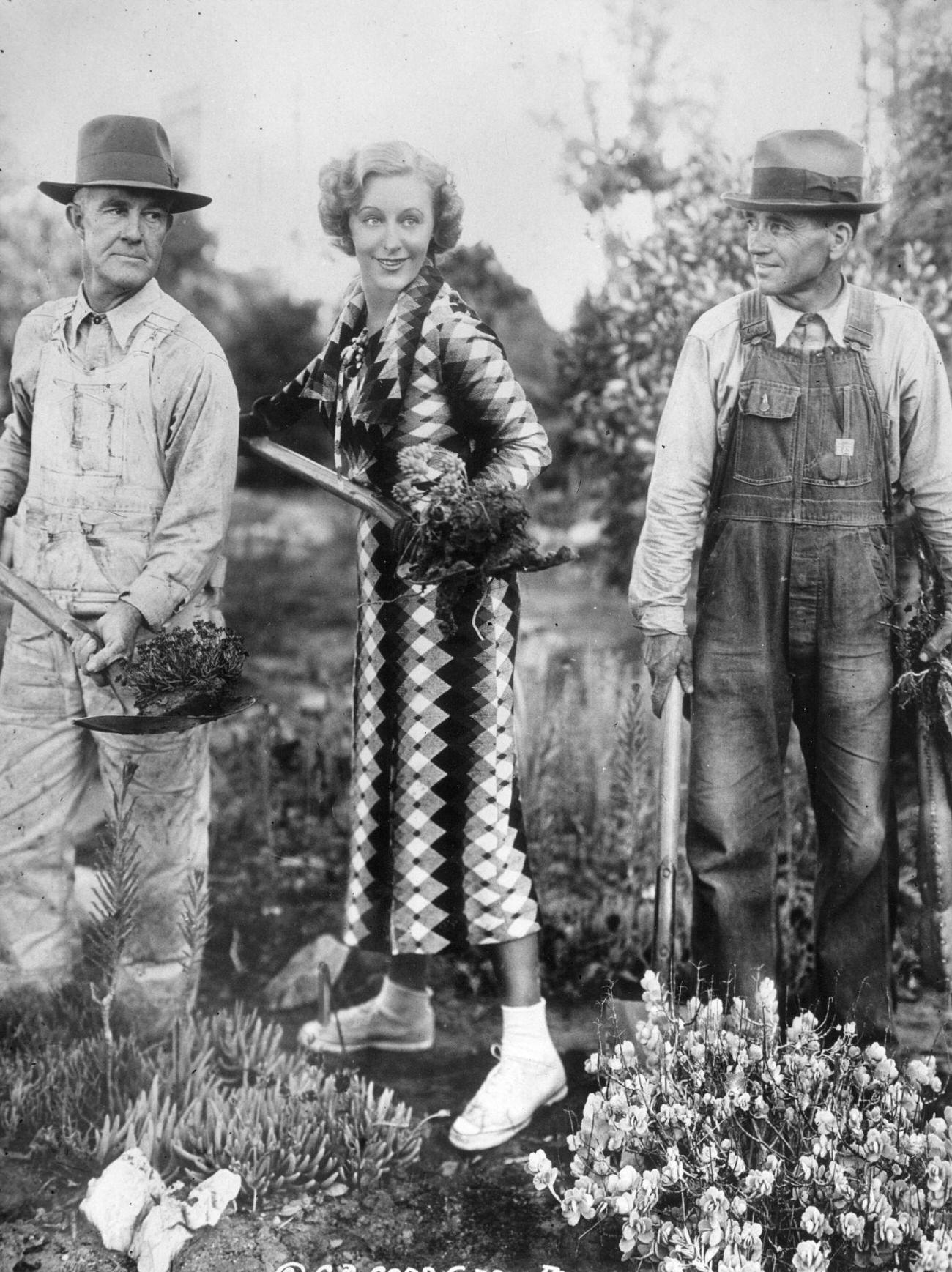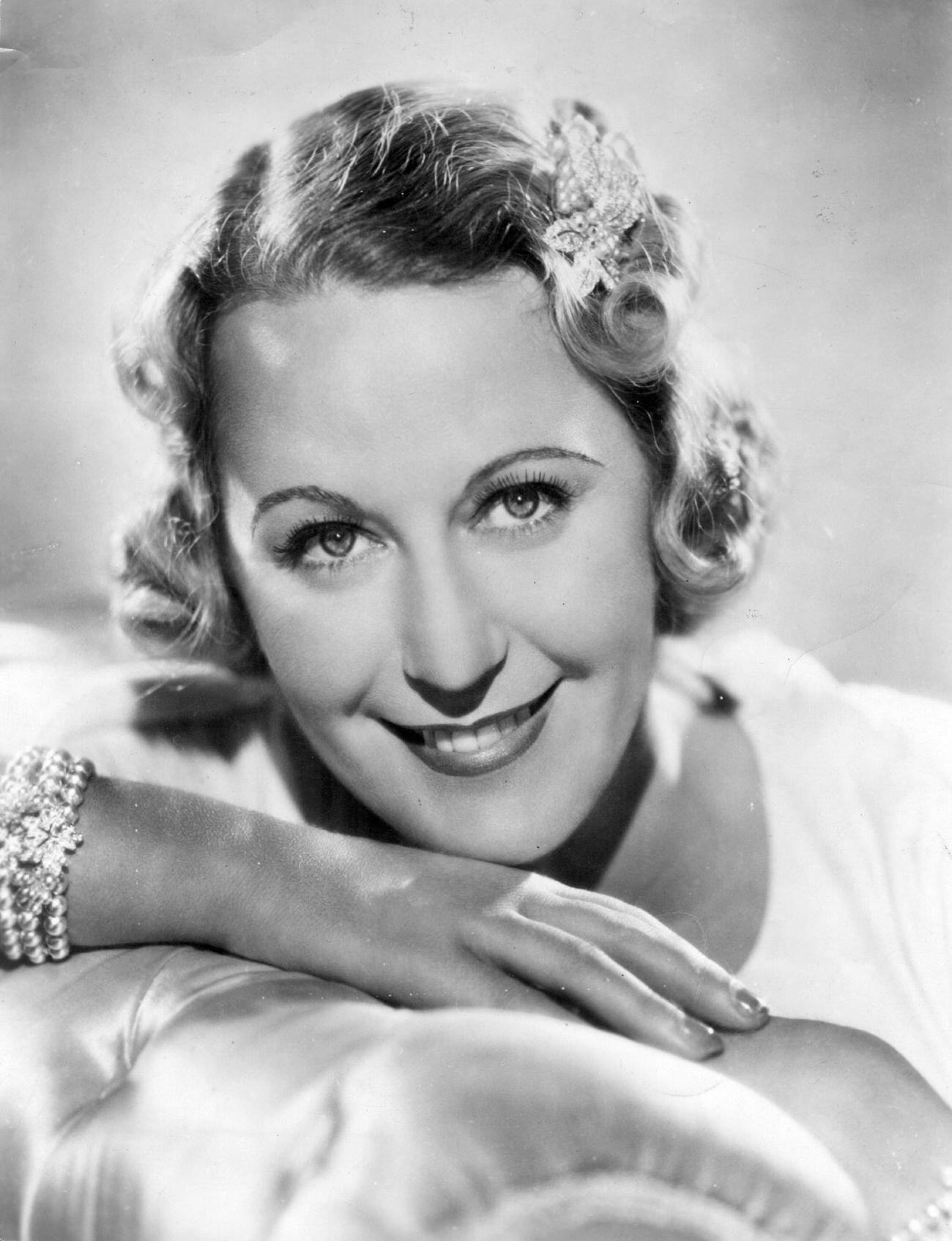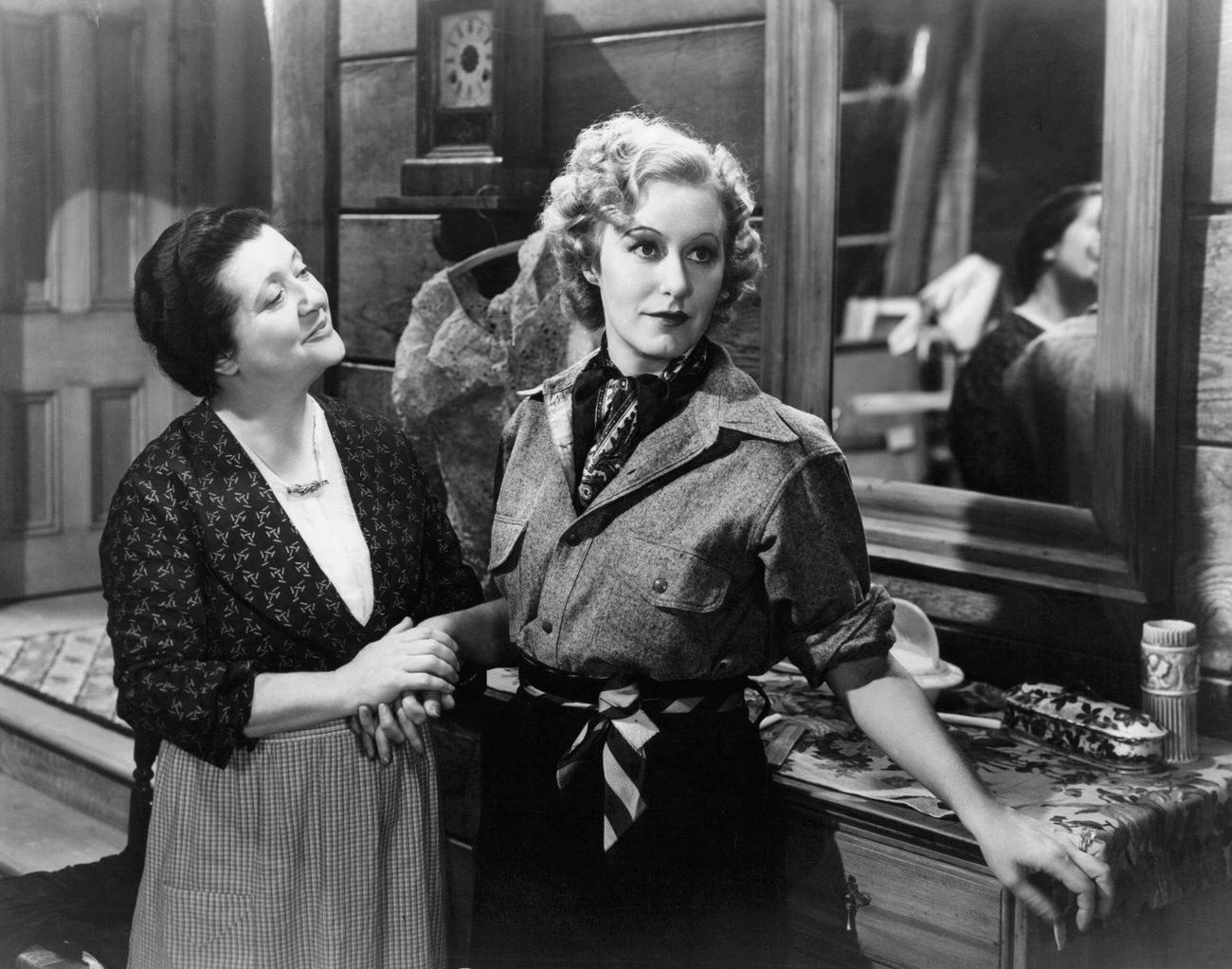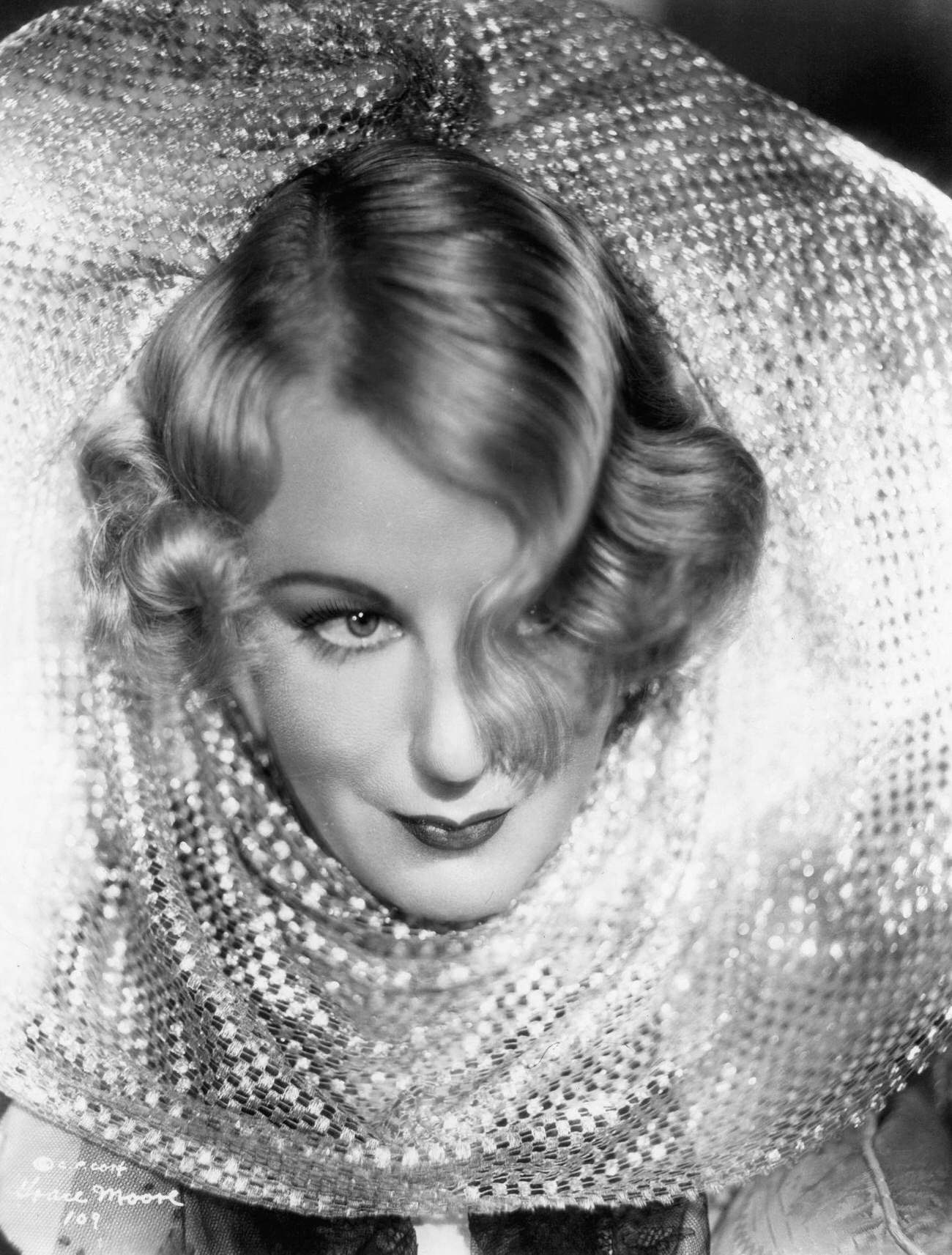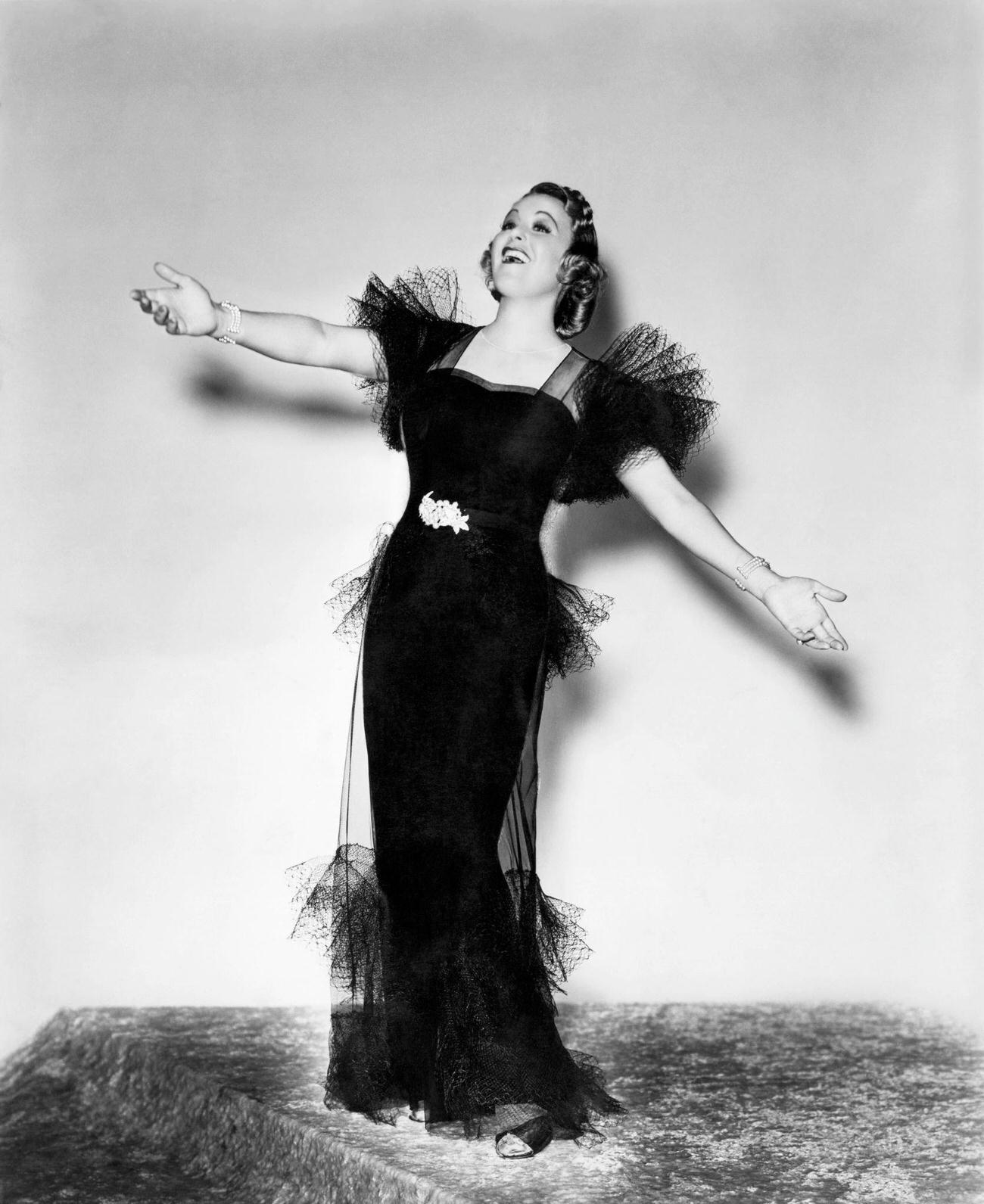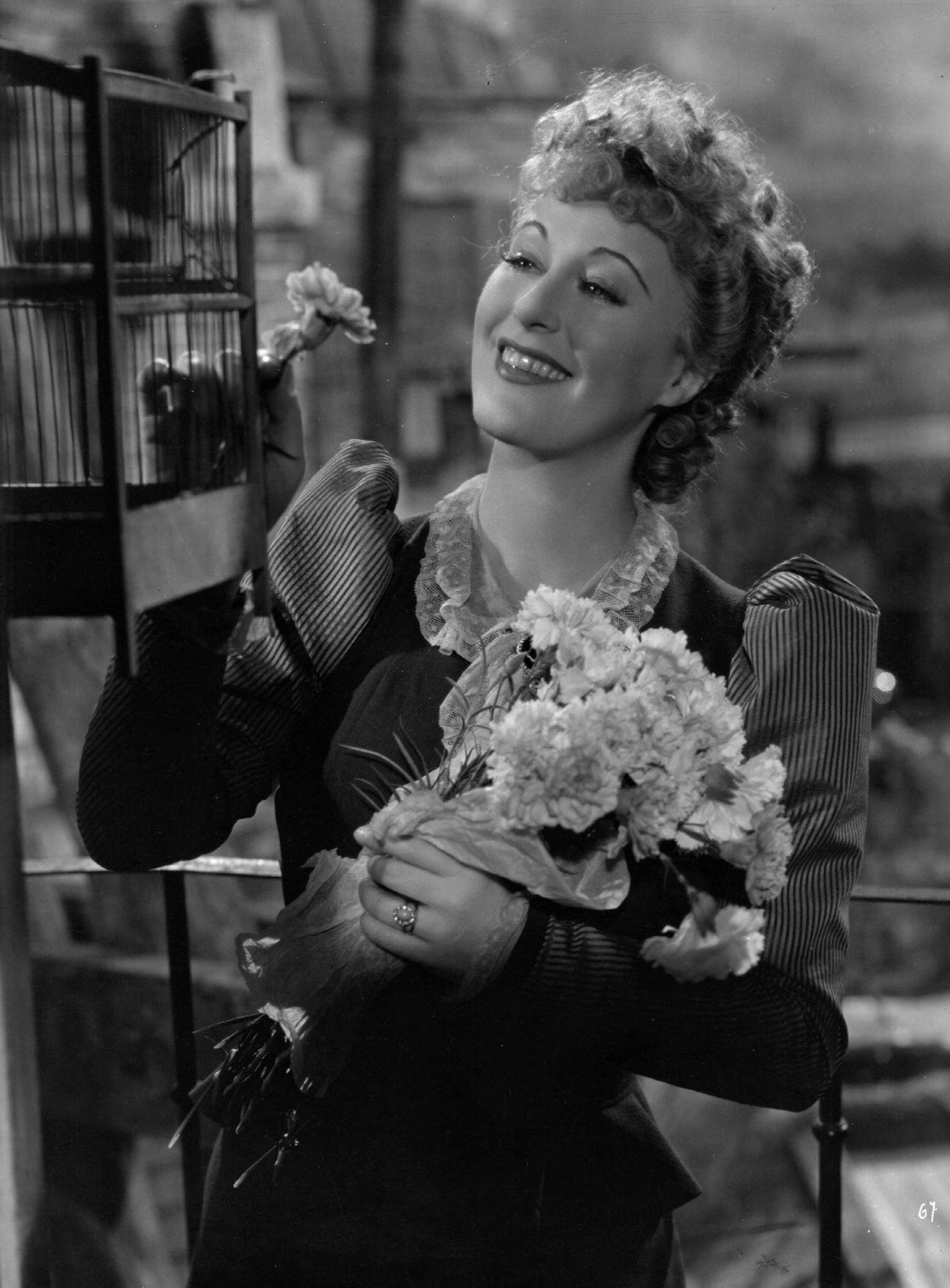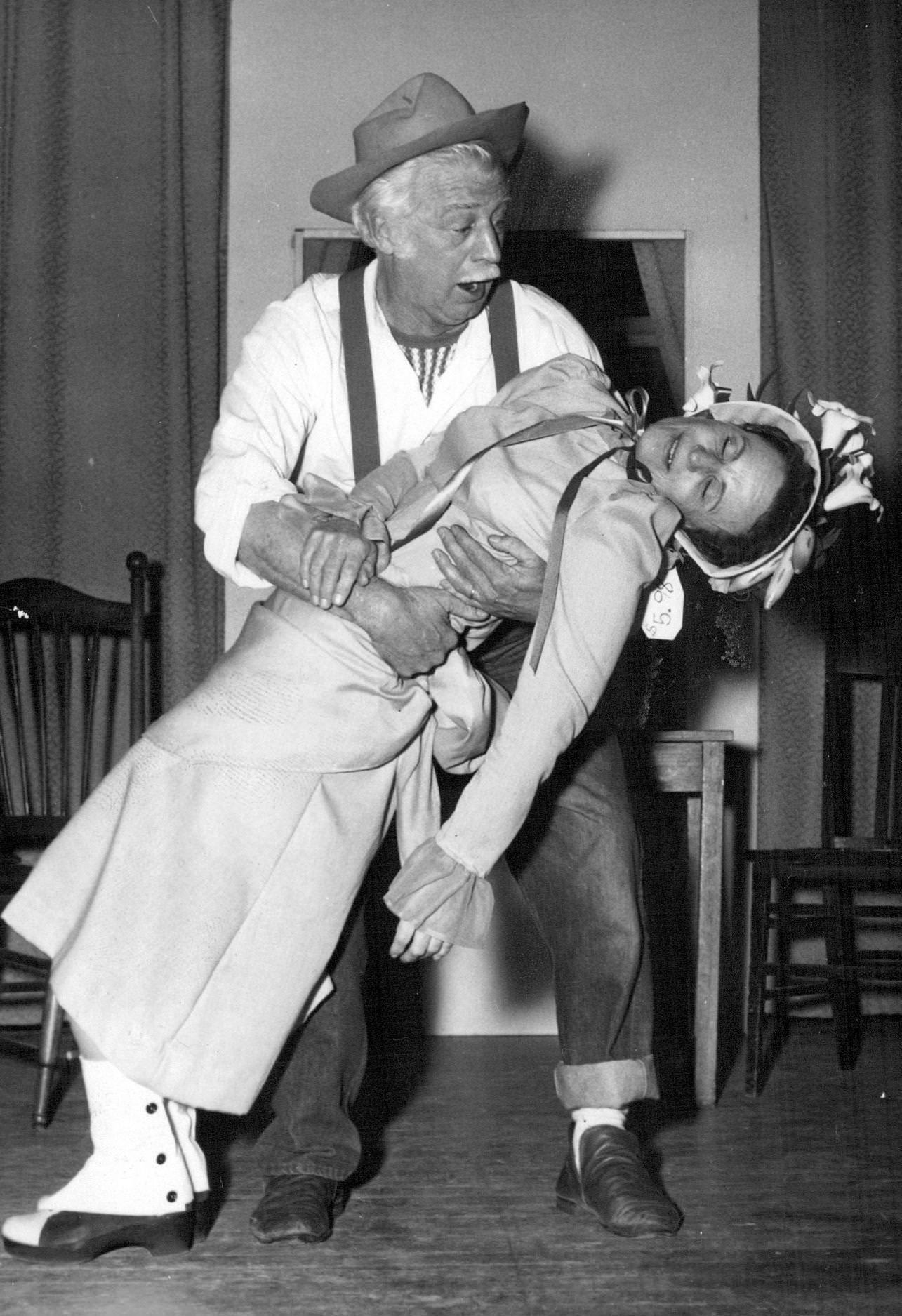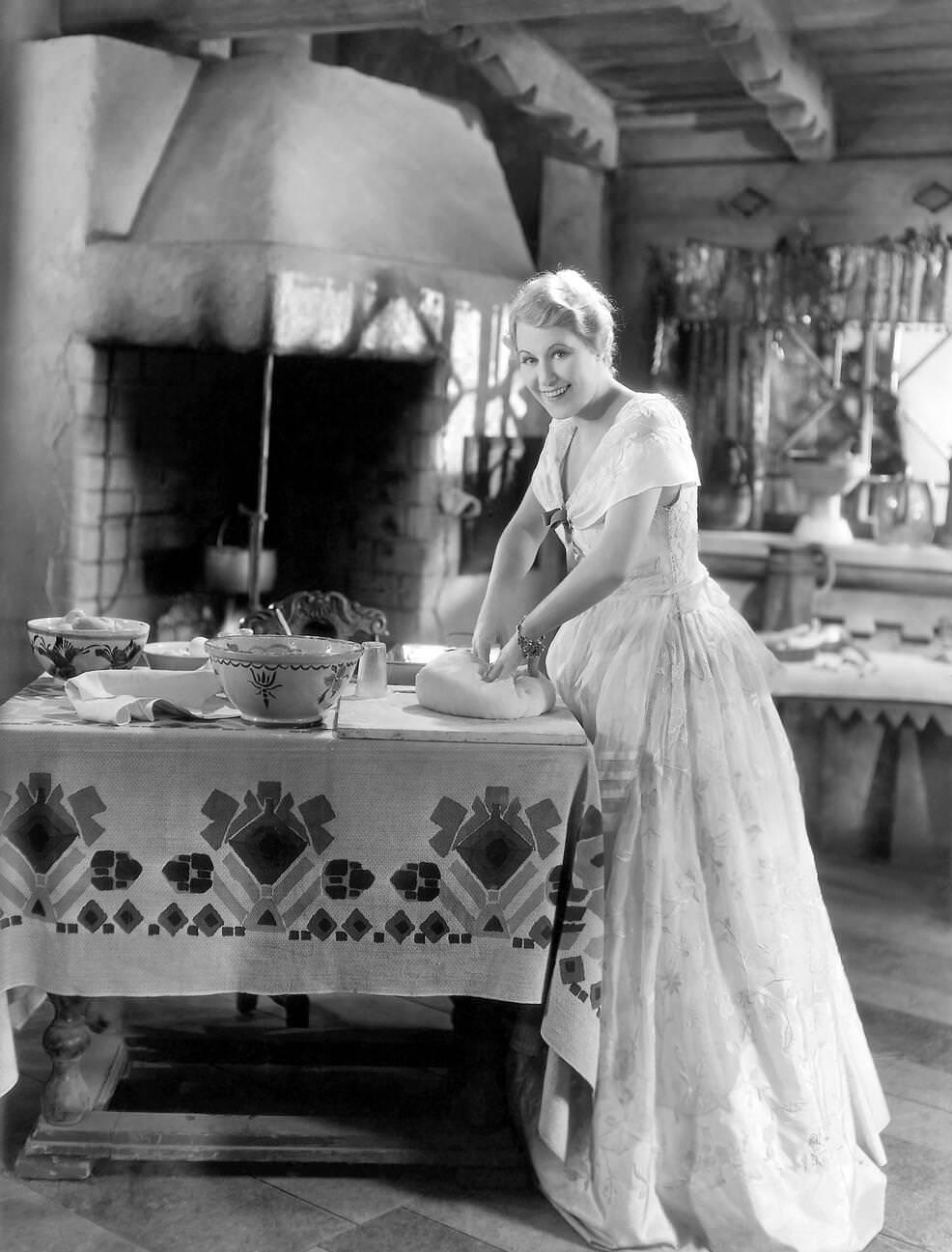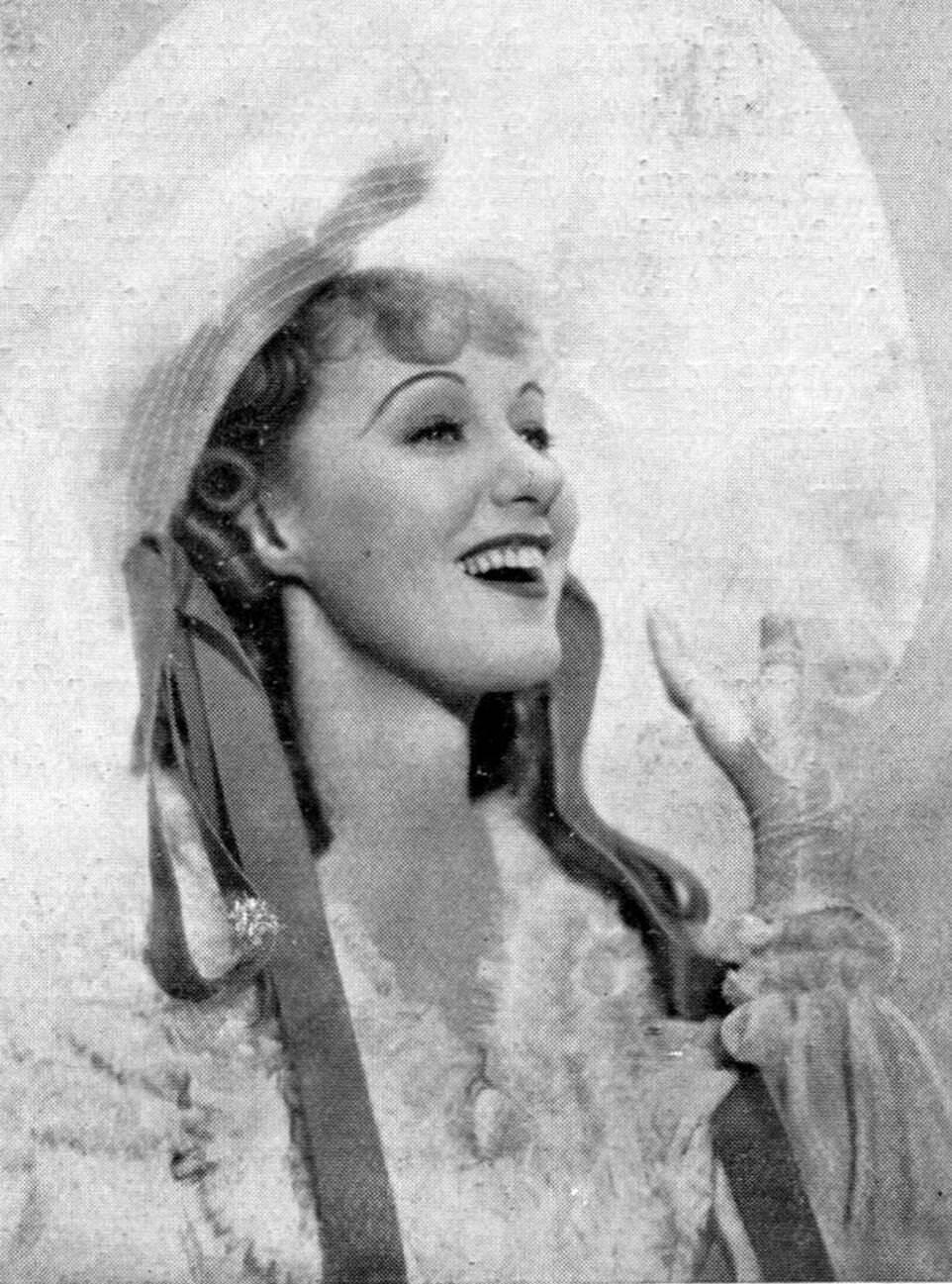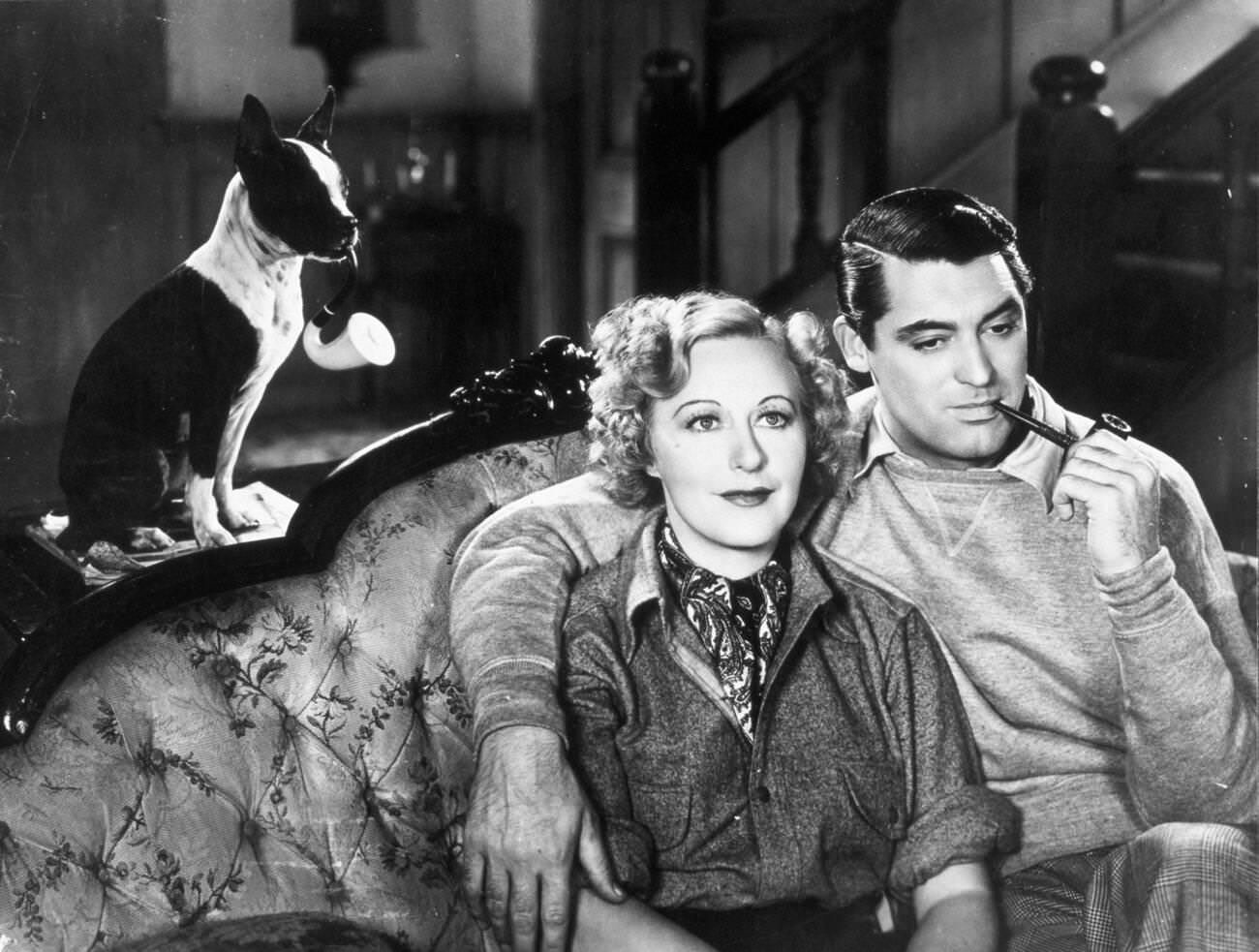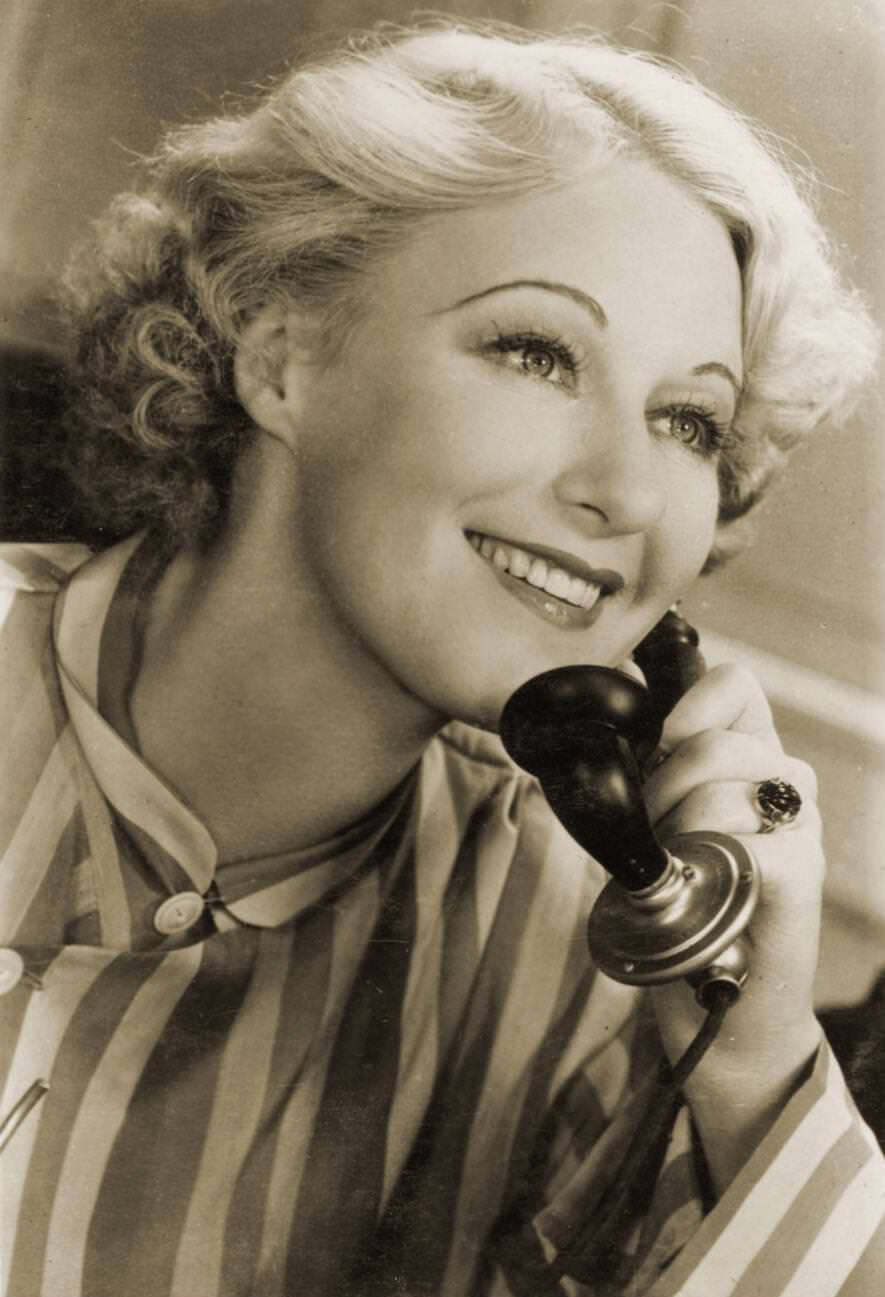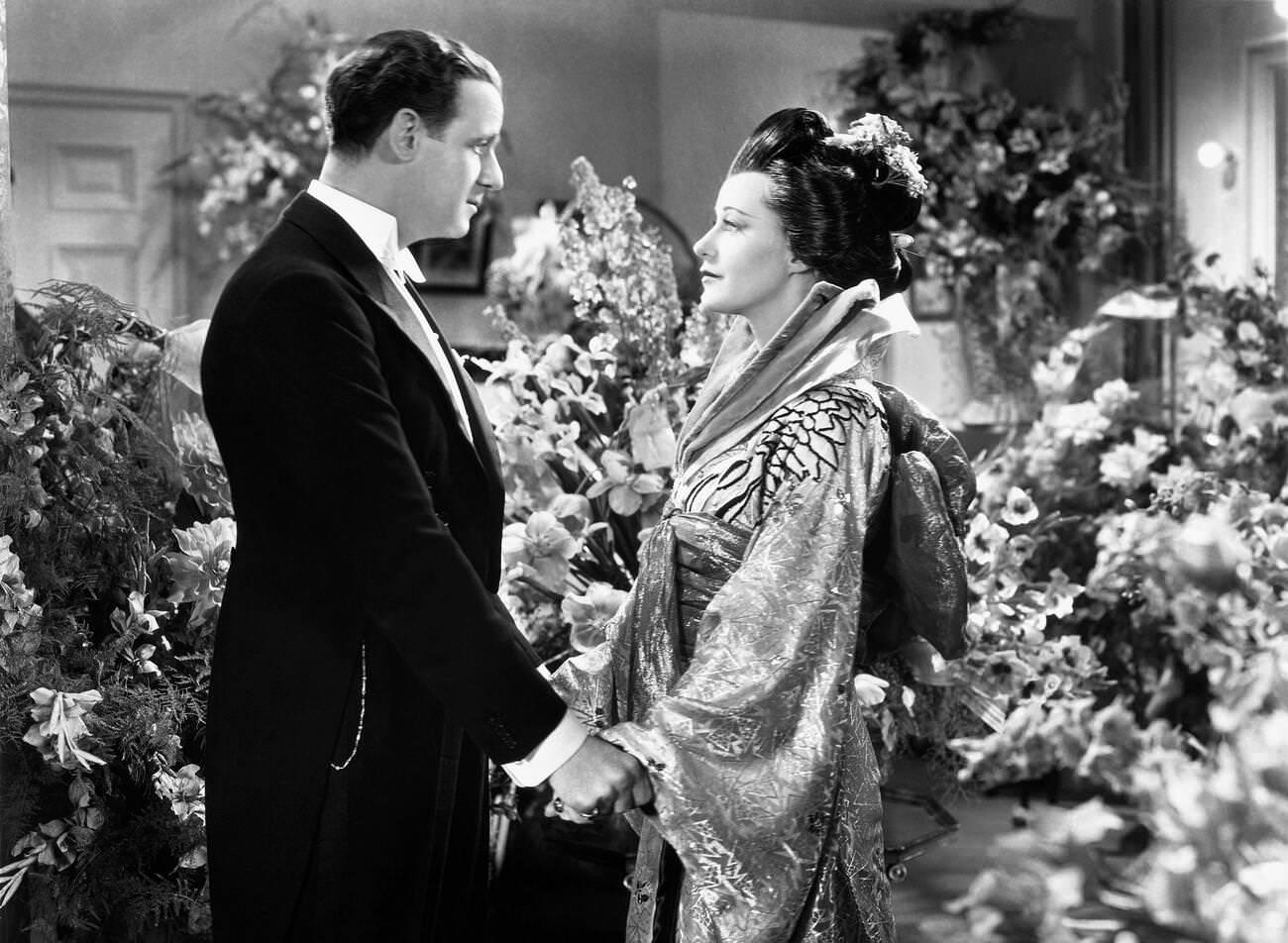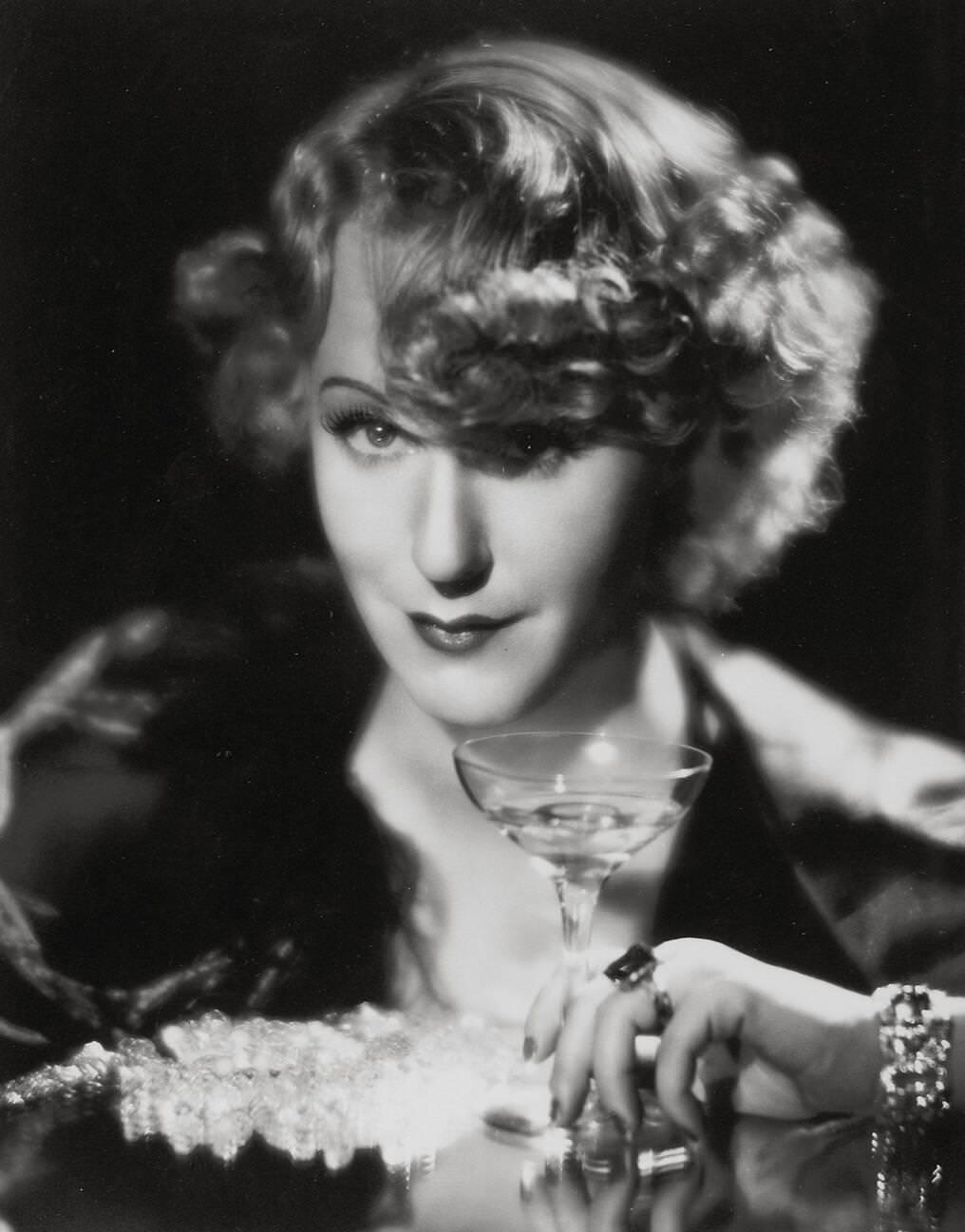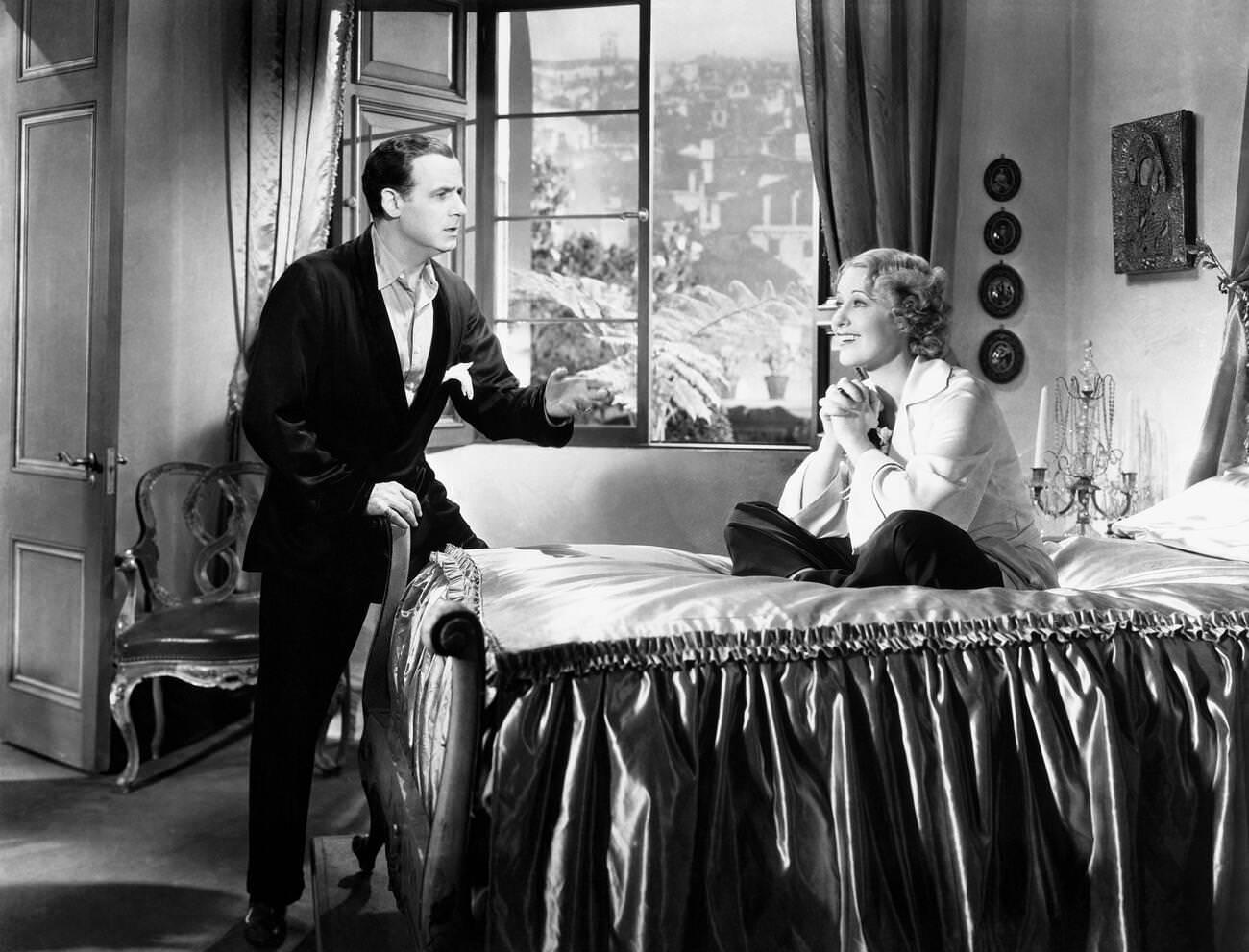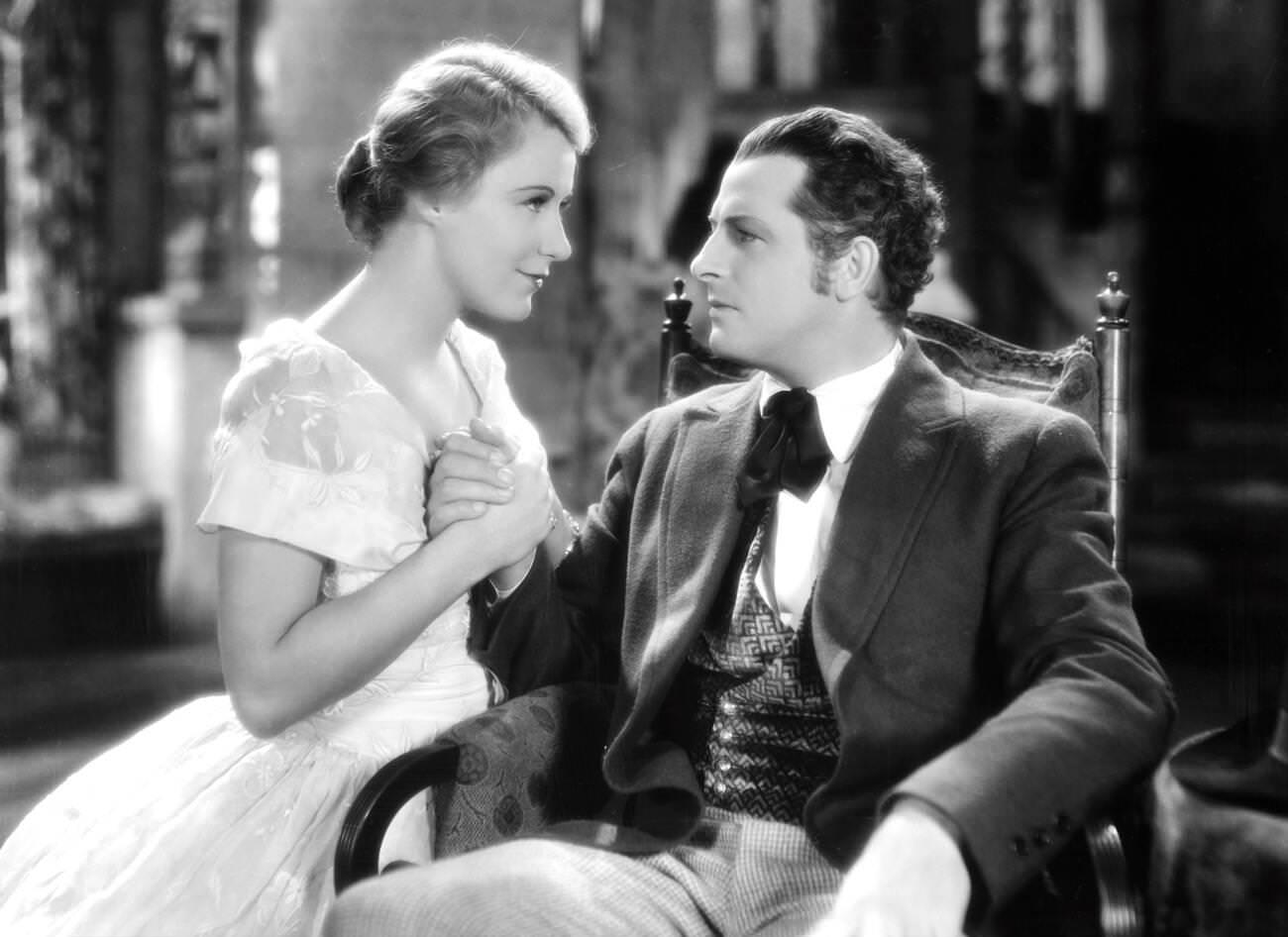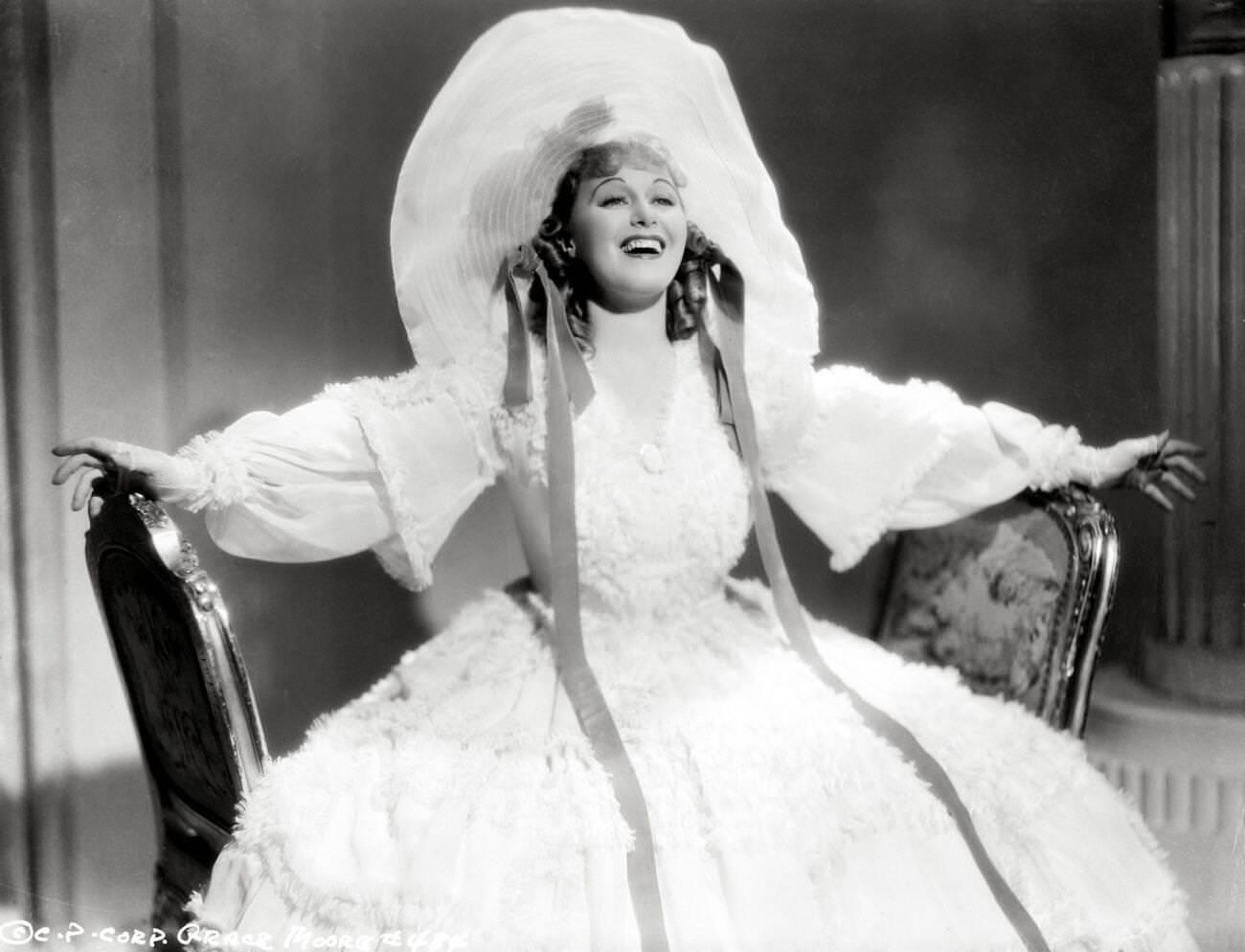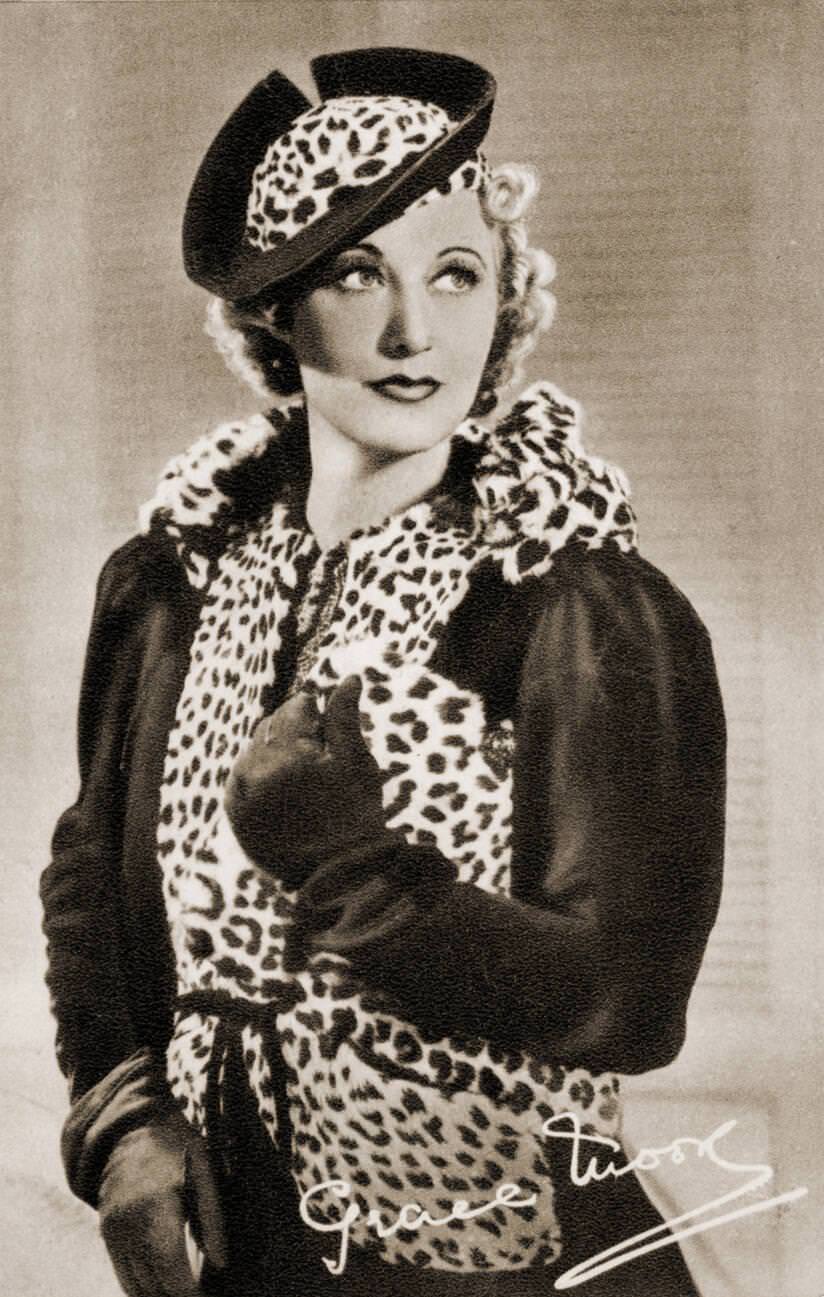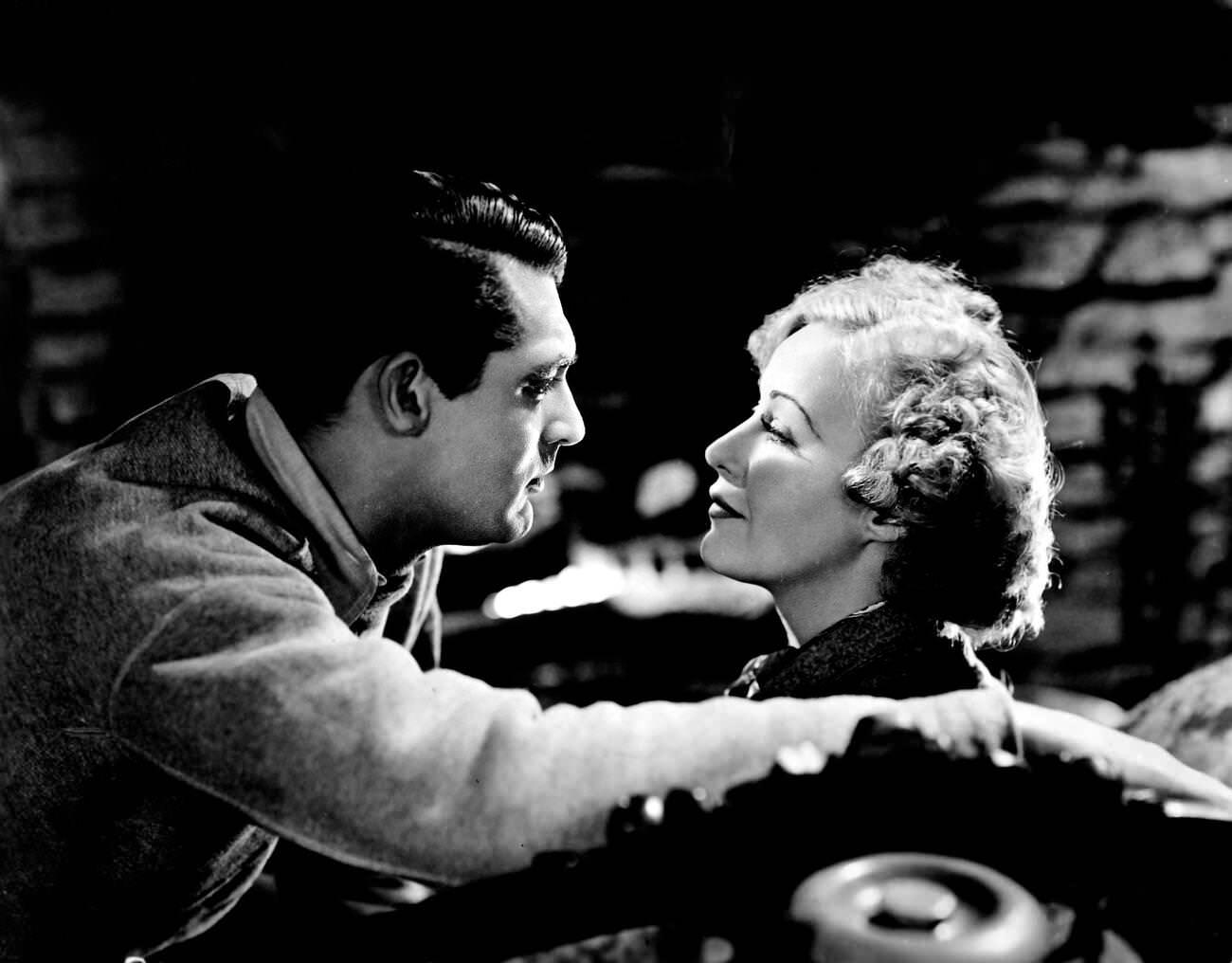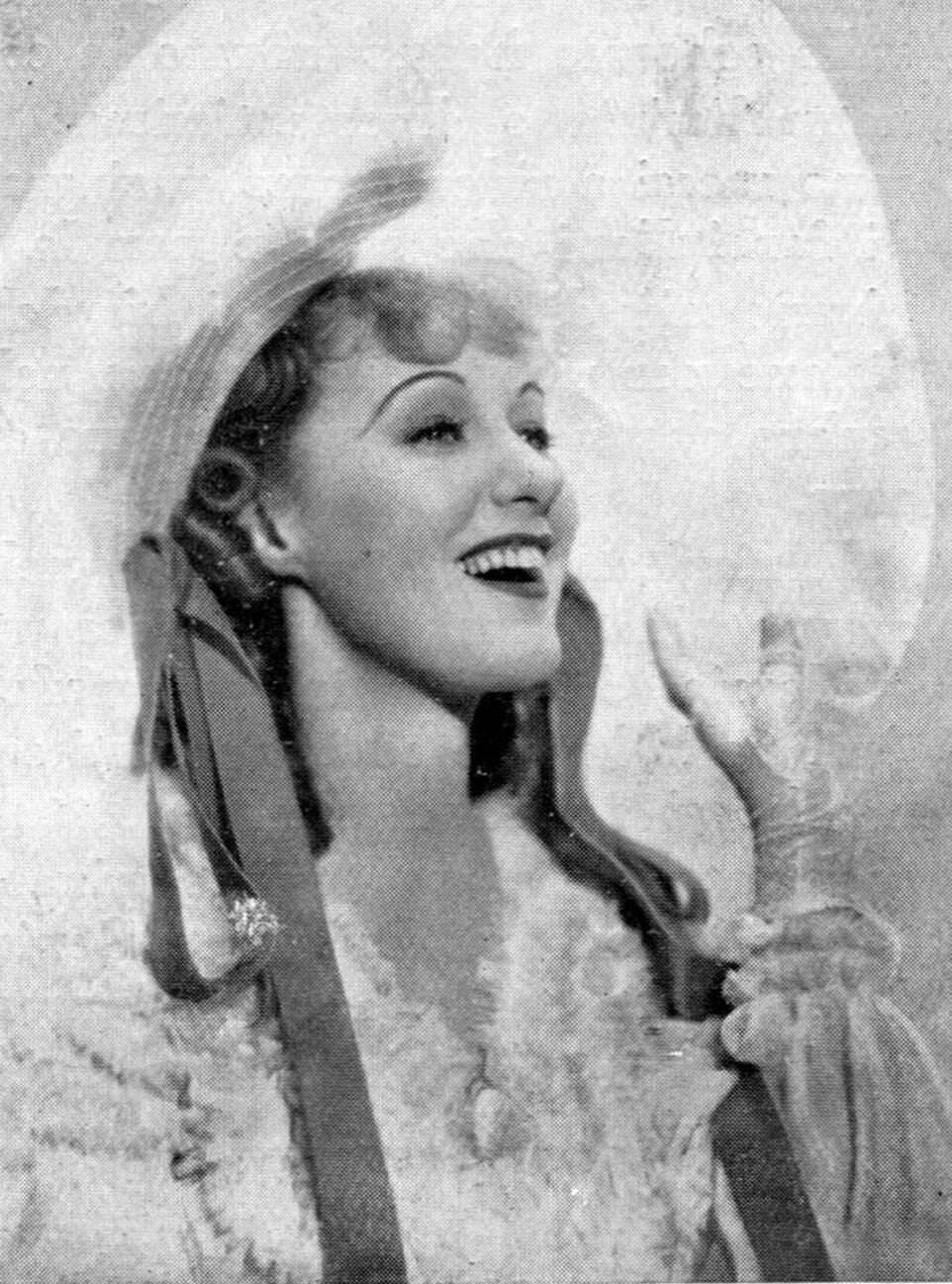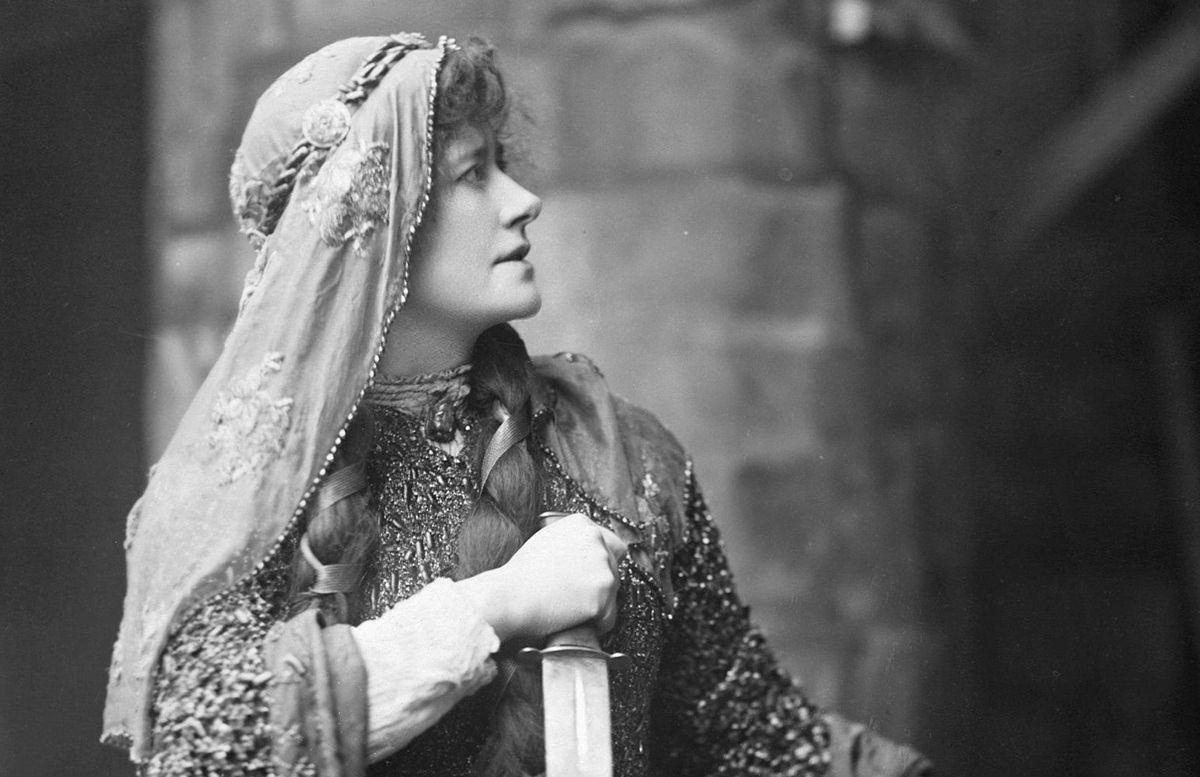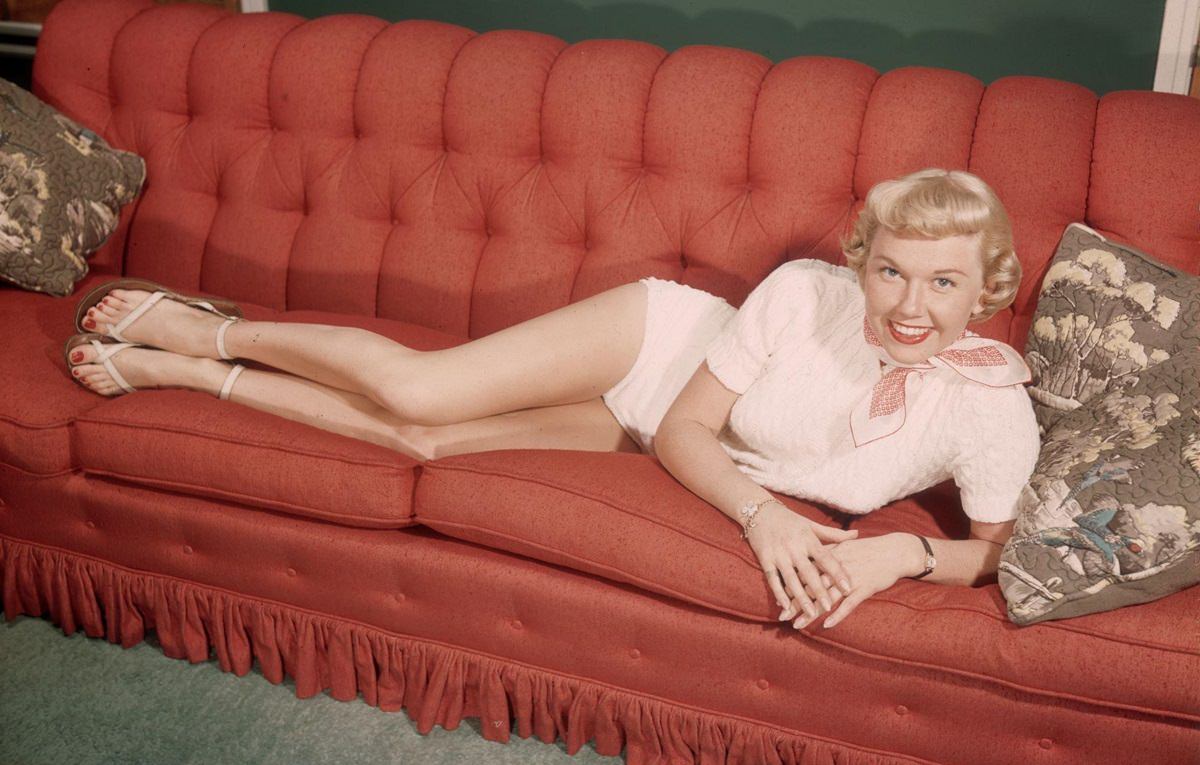Grace Moore, born Mary Willie Grace Moore on December 5, 1898, in Tennessee, was a name that became synonymous with glamour and talent in the world of opera and Hollywood in the early 20th century. Her journey to stardom was not an overnight one; it was marked by determination and resilience. Growing up in a small town, she had dreams bigger than her surroundings. After some time at Ward-Belmont College, she moved to Washington, D.C., and then to New York City to pursue her passion for music. Moore’s vocal talents were undeniable, and she studied diligently, developing a soprano voice that would soon captivate audiences worldwide.
Moore’s big break came in the 1920s when she made her Broadway debut. However, it was her transition to opera that marked her ascent to international acclaim. In 1928, she debuted at the Metropolitan Opera in New York, a platform that only showcased the best of the best. Her performance there was the key that opened doors to the world’s most prestigious stages. Moore’s voice wasn’t the only thing that audiences loved; her charming personality and striking presence made her a favorite among opera enthusiasts. As her fame grew, so did her opportunities, leading her to a new venture: Hollywood.
Hollywood Career and Musical Achievements
Grace Moore’s entry into Hollywood was as meteoric as her opera career. In the 1930s, she started appearing in films, and it wasn’t long before she became a silver screen sensation. Her first starring film, “One Night of Love” in 1934, was a hit, earning her an Academy Award nomination for Best Actress. This wasn’t just a stroke of luck; it was a testament to her talent and versatility. Moore’s performances blended her operatic skills with the demands of acting in cinema, a feat that not many classically trained musicians could achieve.
Her films often featured her in roles that were close to her real-life persona—a talented singer overcoming obstacles. The roles were tailor-made, showcasing not only Grace Moore’s voice but also her ability to connect with her audience emotionally. She starred in several more films throughout the 1930s, becoming one of the few opera singers to achieve significant cinematic success.
Moore’s achievements were not limited to the stage and screen. She also made numerous recordings, which were widely popular, further cementing her status as a star. Her repertoire ranged from operatic arias to popular songs of the time, showing her versatility as a musician. Her recordings played a significant role in bringing opera to the masses, who might otherwise not have had access to such performances.
She was also known for her charity work, especially during the war years. She gave back to society by performing at benefit concerts and being actively involved in supporting the troops. Her dedication to philanthropic work was not just a side activity; it was an integral part of her public life. Through her actions, she inspired many and showed that celebrities could play a vital role in addressing societal issues.


